King of Thorn
In the oft-bewildering universe of anime, sometimes you crave a series that delivers an array of delights. A rousing tale packed with high-octane action, mesmerizingly beautiful animation, a captivating plot, and—don’t scoff—an excellent, neat, linear narrative. Hold your horses before lambasting my affection for a good old-fashioned A-to-Z story. I've witnessed numerous commenters disparage tales for lacking coherence or not neatly tying up all loose ends.
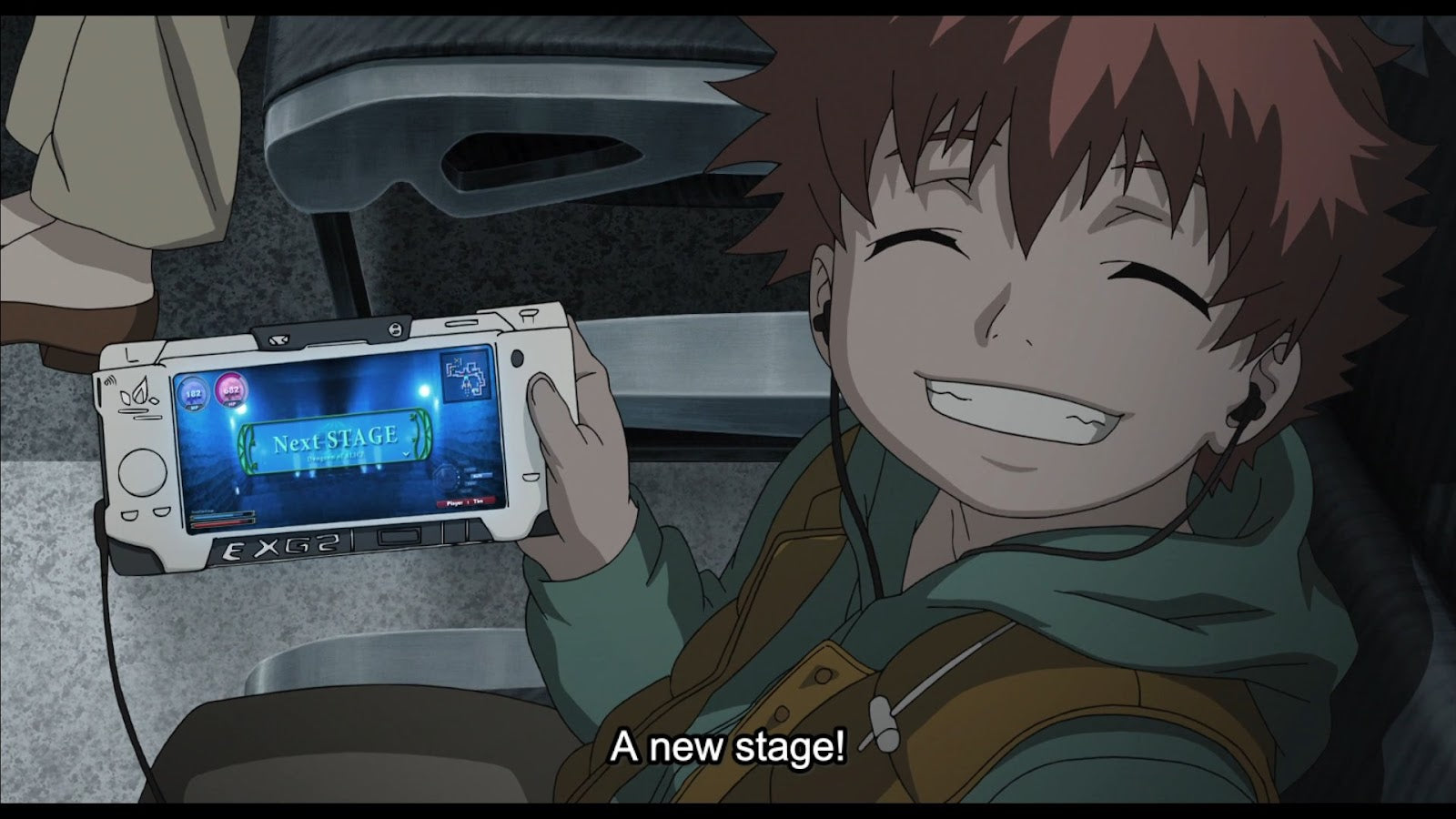
This stems from a Western inclination for neatly packaged narratives that run through a simple start-middle-end conduit. Rather than decrying such narratives, wouldn’t it be more intriguing to rewatch these series, peel back their layers, and discover the gems you missed on the first viewing?
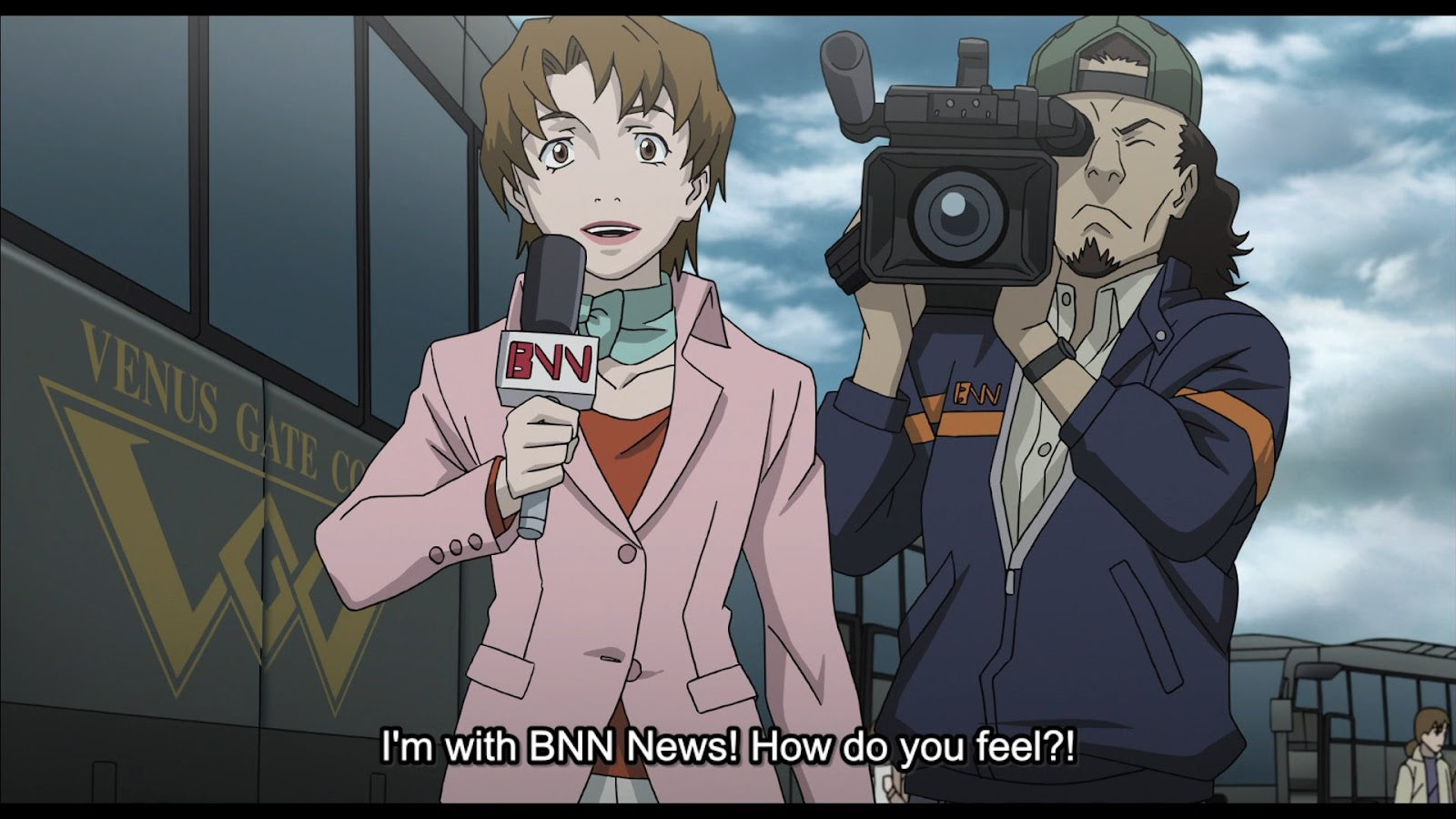
"King of Thorn" has garnered acclaim for its intriguing narrative, complex characters, and brilliant combination of action, suspense, and horror elements. An immersive tale that keeps you on the edge of your seat, it's the perfect dive into the darkness of the unknown.
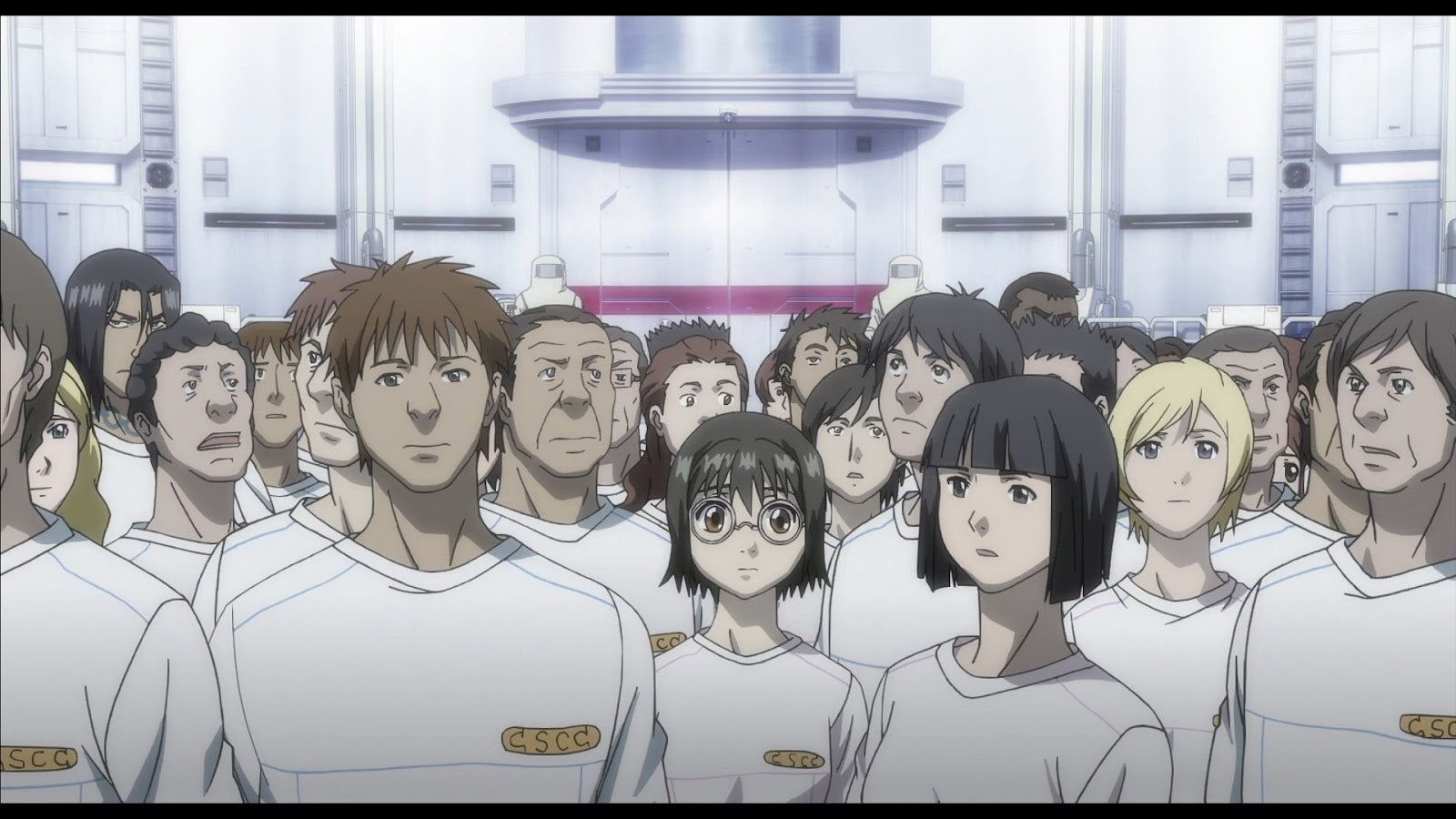
It's an anime that wields narrative complexity with a virtuosity comparable to the celebrated film "Inception." It brandishes elements of the monster-flick marvel "Cloverfield" and, if you squint your eyes and tilt your head, a dash of the action classic "Jurassic Park." It's a carefully woven tapestry of disparate yet harmoniously blended components. Some ardent fans might even draw parallels with the cosmic odyssey, "Interstellar."
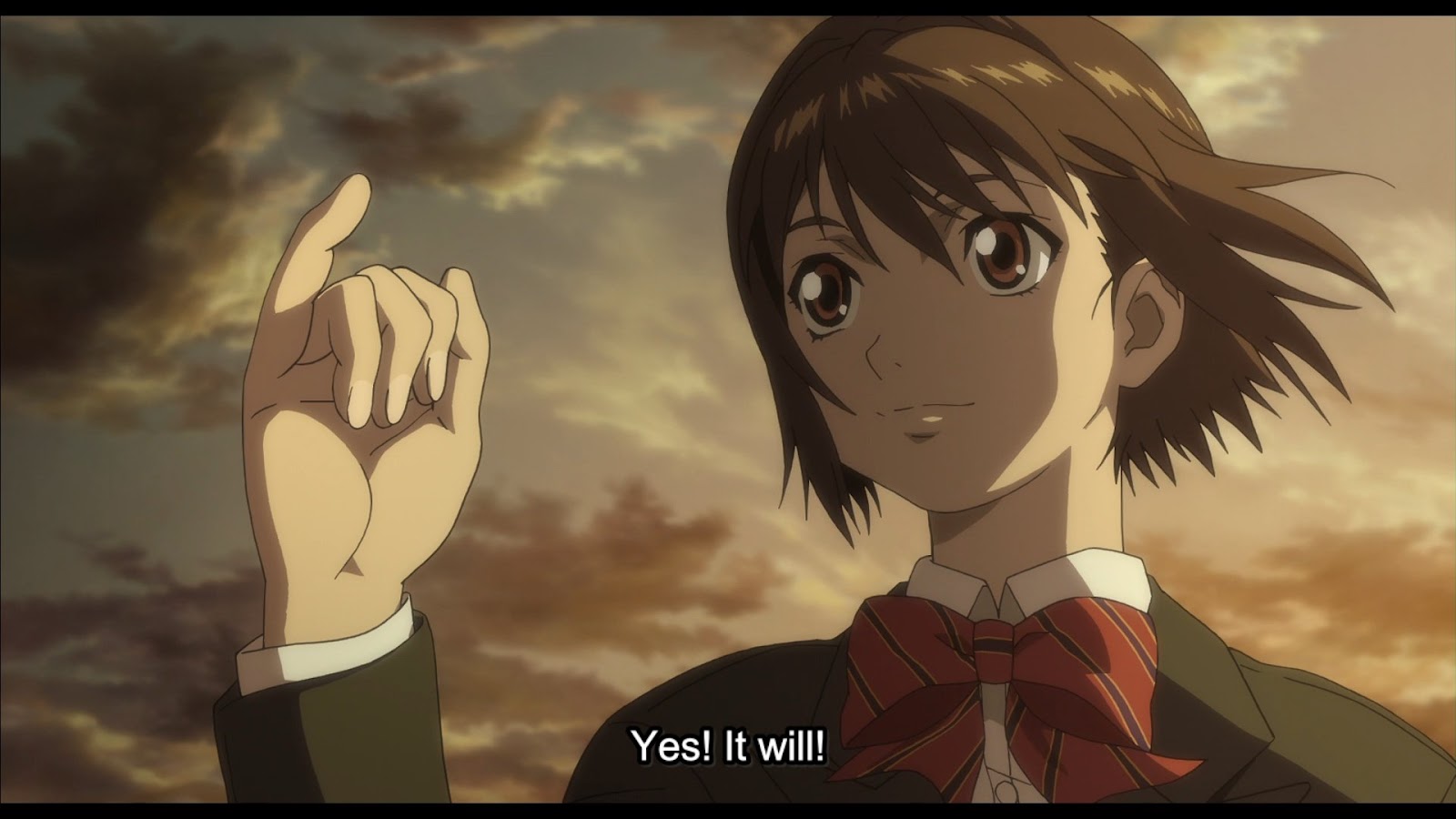
Don't get me wrong; I'm not heralding "King of Thorns" as a groundbreaking, never-seen-before tale. Instead, the anime's masterful ability to hit all the right emotional notes elevates it from the rest of the pack. This anime is a treat, a visceral journey I wholeheartedly recommend.
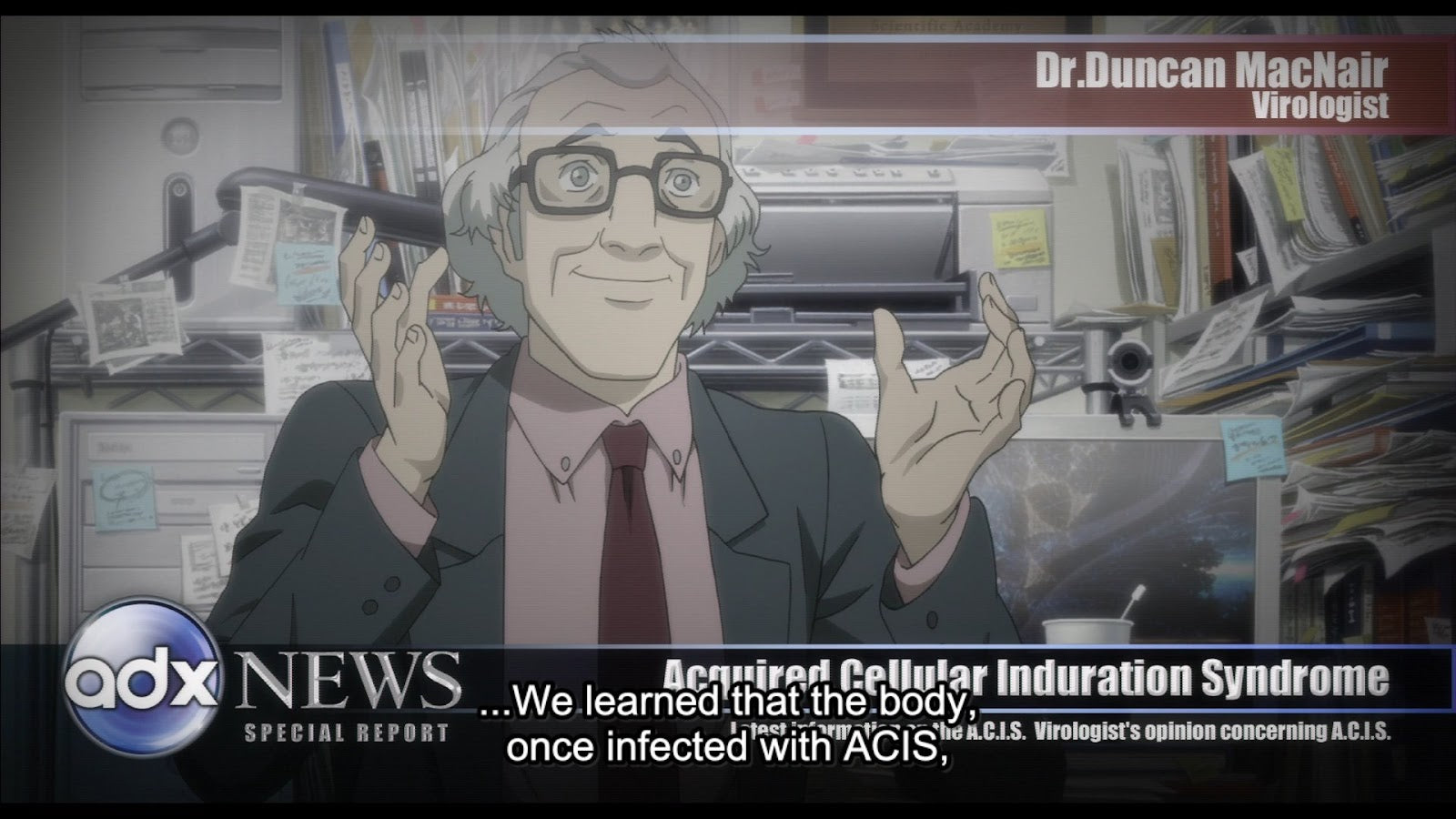
That said, "King of Thorn" is best savored in good company, mainly because it's bound to leave you in a state of delicious perplexity, with more questions than answers—a testament to its narrative intricacy. It doesn’t just offer answers; it hands you a cornucopia of tantalizing questions, promising discoveries with every rewatch. Welcome, my friends, to the compelling world of multi-layered storytelling.
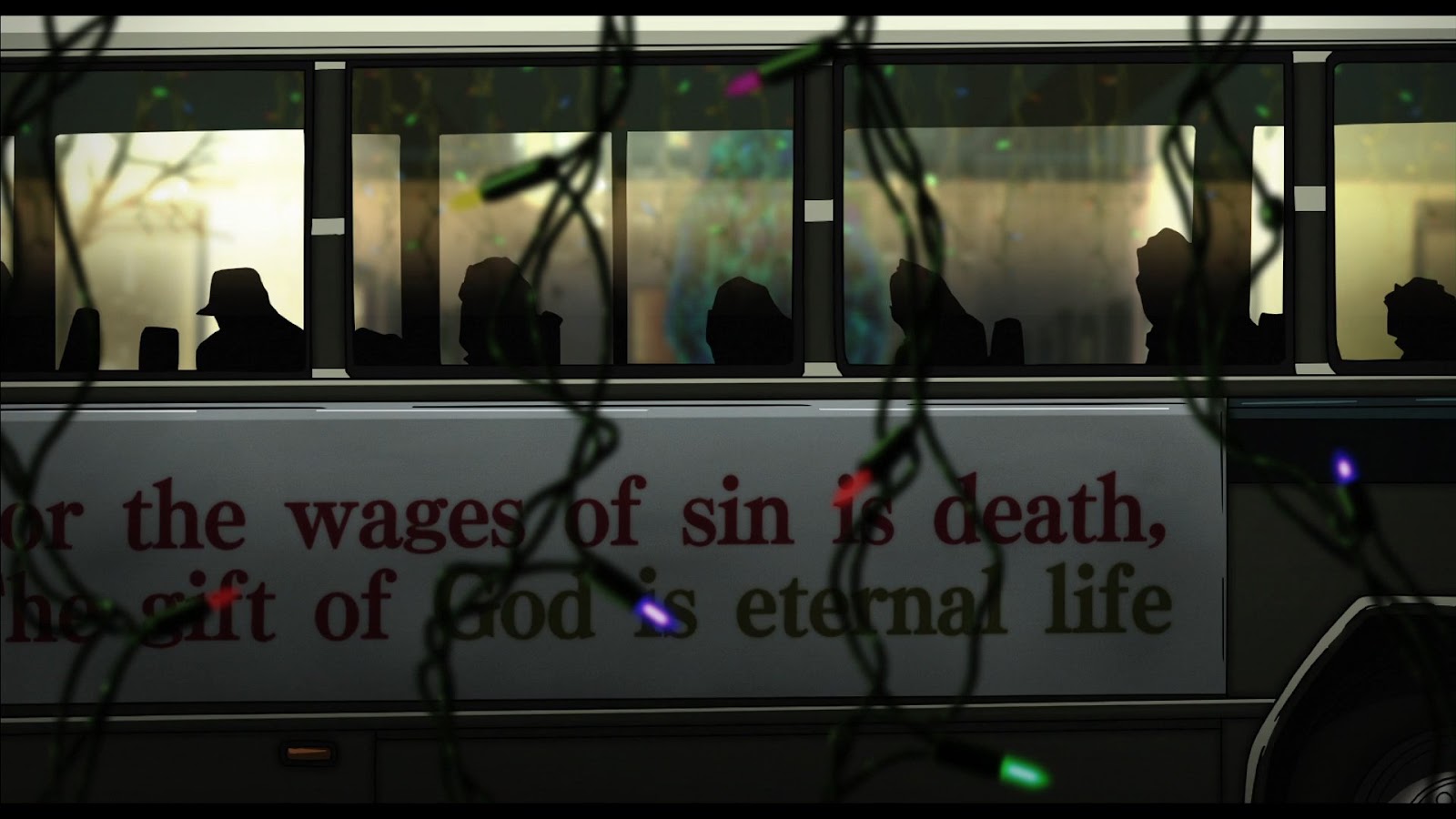
In the grim year of 2015, a brutal new affliction dubbed ACIS (Acquired Cellular Induration Syndrome), more colloquially known as the Medusa plague, has left the world in havoc. This merciless disease, which turns its victims to stone within hours after a benign incubation period of 30–60 days, holds a horrifying 100% fatality rate. With no known cure, Venus Gate, a global biotech titan, emerges as the world's sole beacon of hope, offering a desperate, albeit temporary, solution. It proposes to place 160 infected individuals, chosen via a lottery, into suspended animation until a cure becomes available.
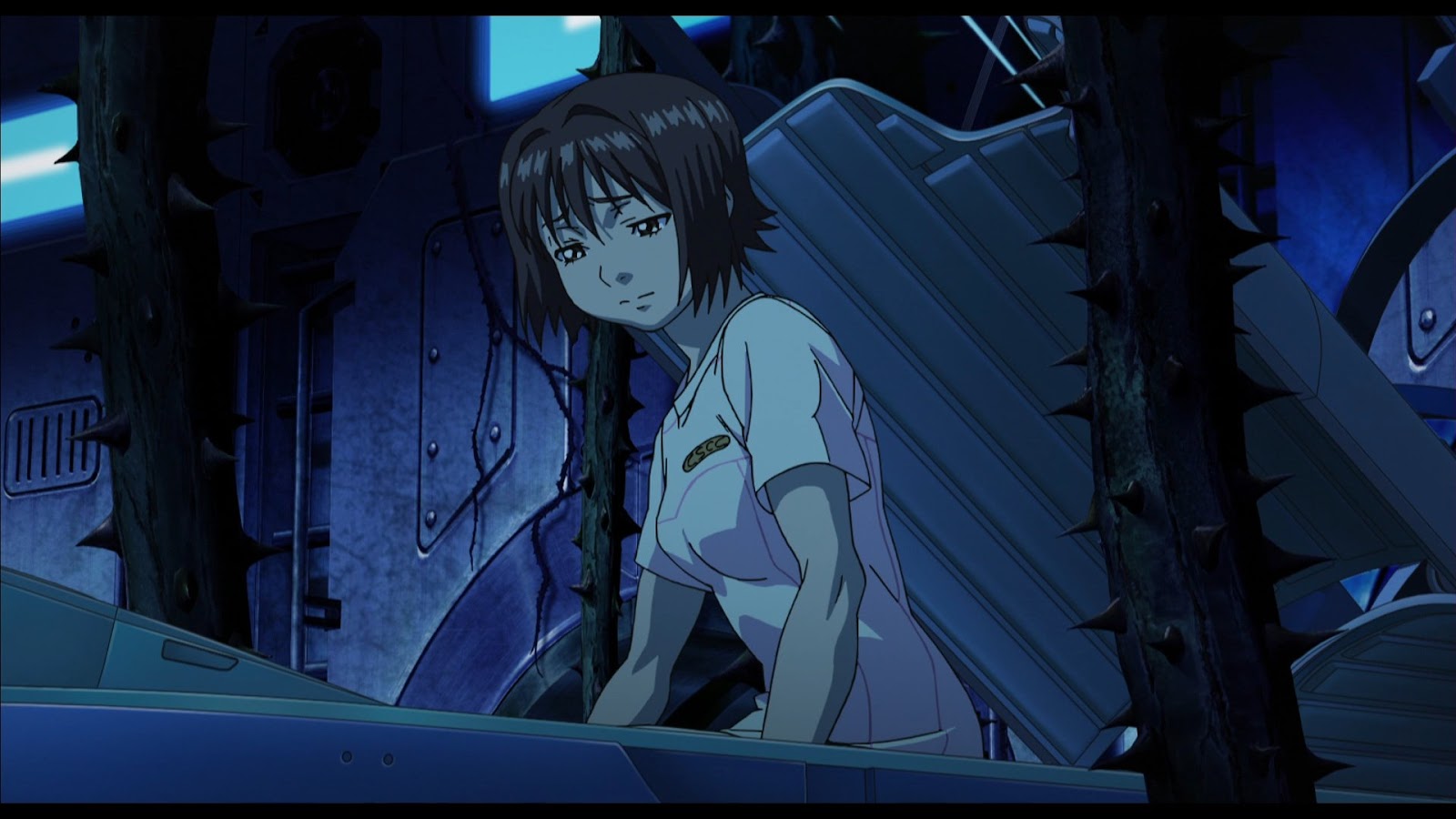
Kasumi Ishiki, a Japanese girl already bereft of her parents, is chosen as one such candidate. However, her twin sister, Shizuku, is not, plunging Kasumi into a turmoil of guilt and regret. She perceives Shizuku as more deserving of survival for a myriad of reasons.
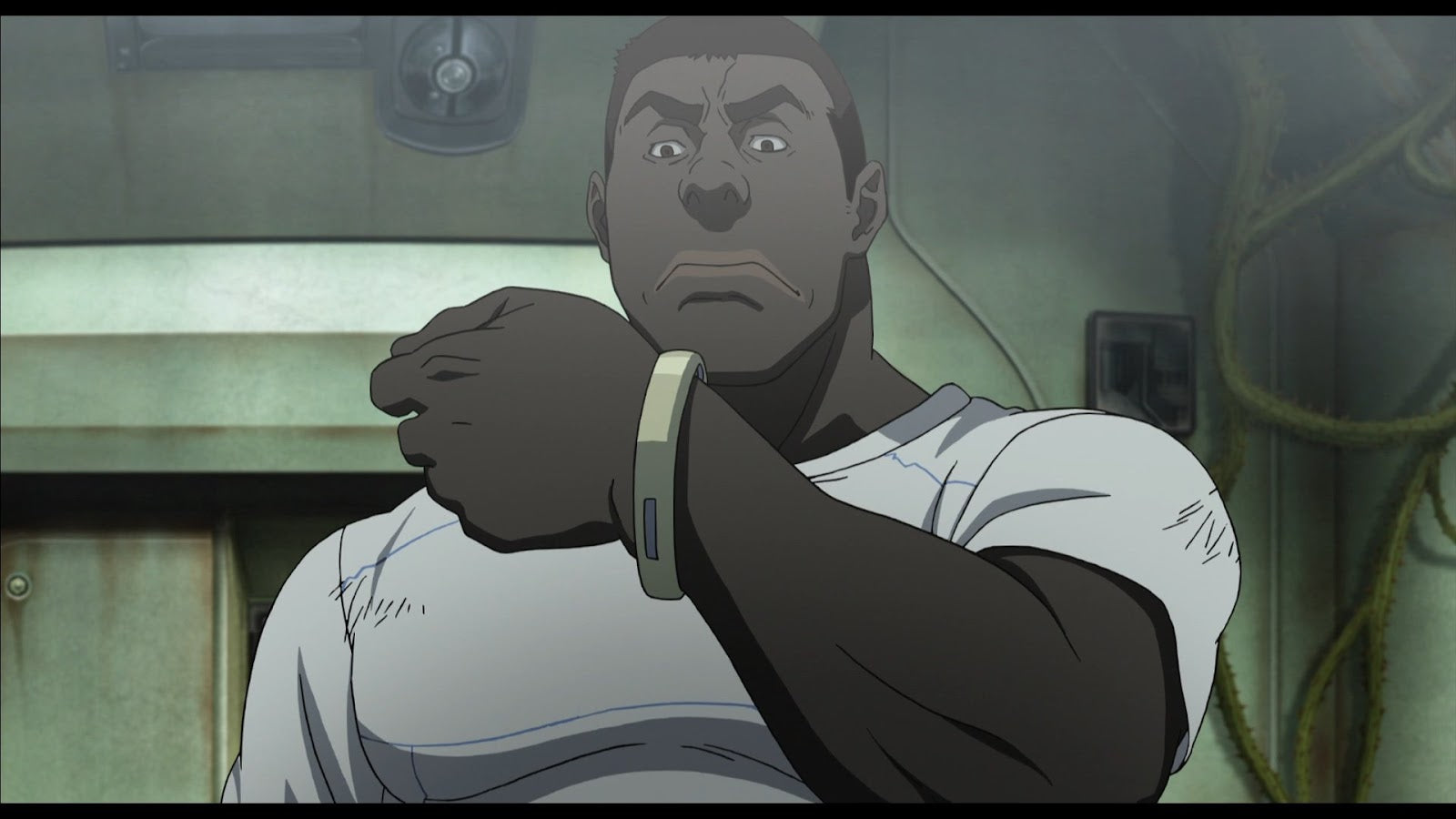
"King of Thorn," or "Ibara no Ou," as it is known in its native tongue, is a riveting manga series that masterfully intertwines threads of action, horror, mystery, and the psychological drama of survival in a dystopian sci-fi setting. This thrilling tapestry, deftly sketched and penned by Yuji Iwahara, elegantly deals with themes of dreams, monstrosities, survival horror, and the tragedy that inevitably follows.
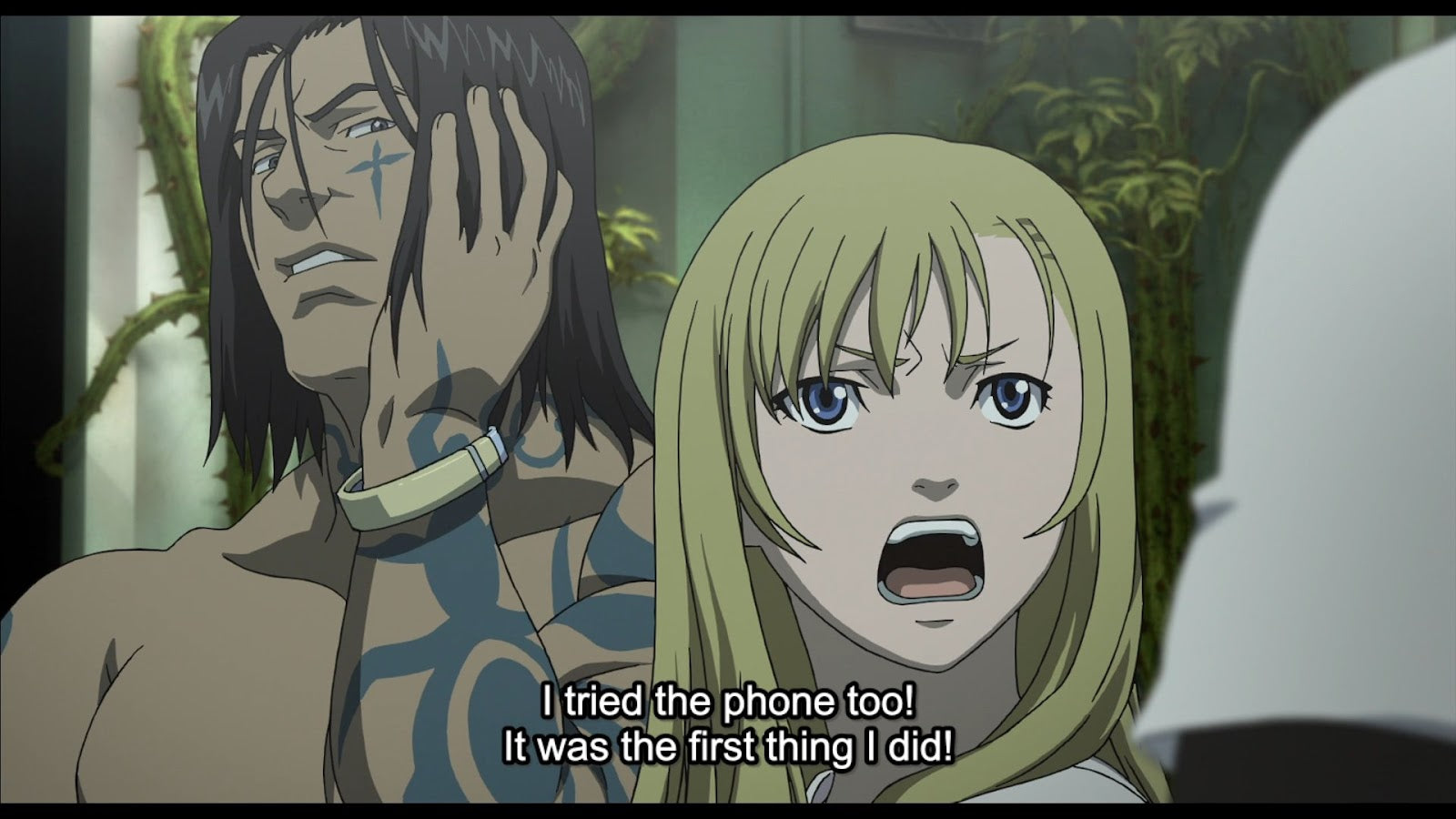
Initially serialized in Enterbrain's Seinen magazine, Monthly Comic Beam, from October 2002 to October 2005, the series was neatly packaged into six bound volumes. Tokyopop notably licensed it for North American audiences, with the final volume hitting the shelves in November 2008.
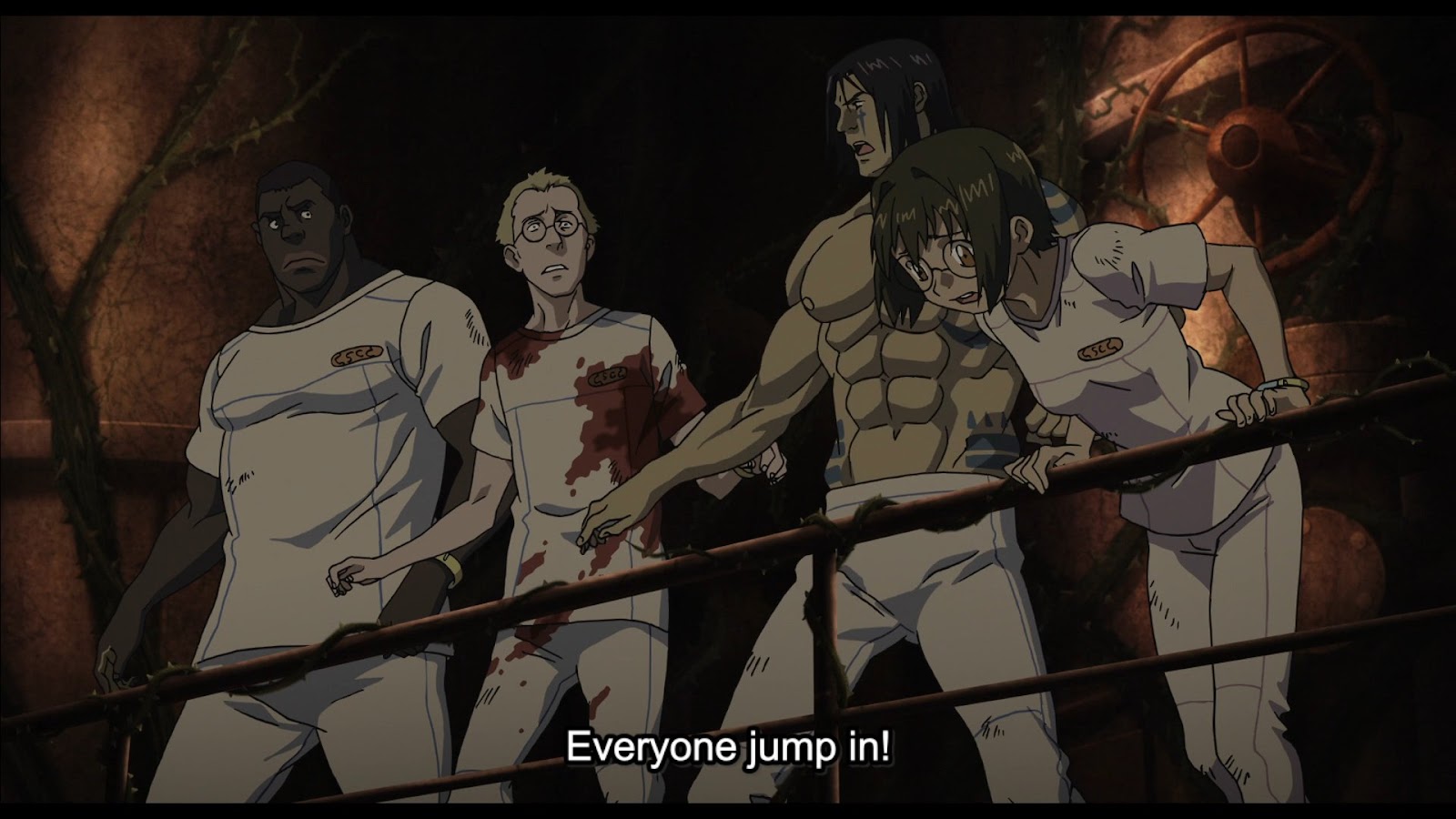
But the manga's gripping tale didn't just stop at the printed pages. On May 1, 2010, Sunrise and director Kazuyoshi Katayama brought an anime feature film adaptation to life. The screenplay, a creative collaboration between Hiroshi Yamaguchi and Kazuyoshi Katayama, successfully carried the manga's essence onto the silver screen. Kazuyoshi Katayama and Tsukasa Sunaga, the duo behind the storyboard, expertly translated the manga’s vivid imagery into moving frames.
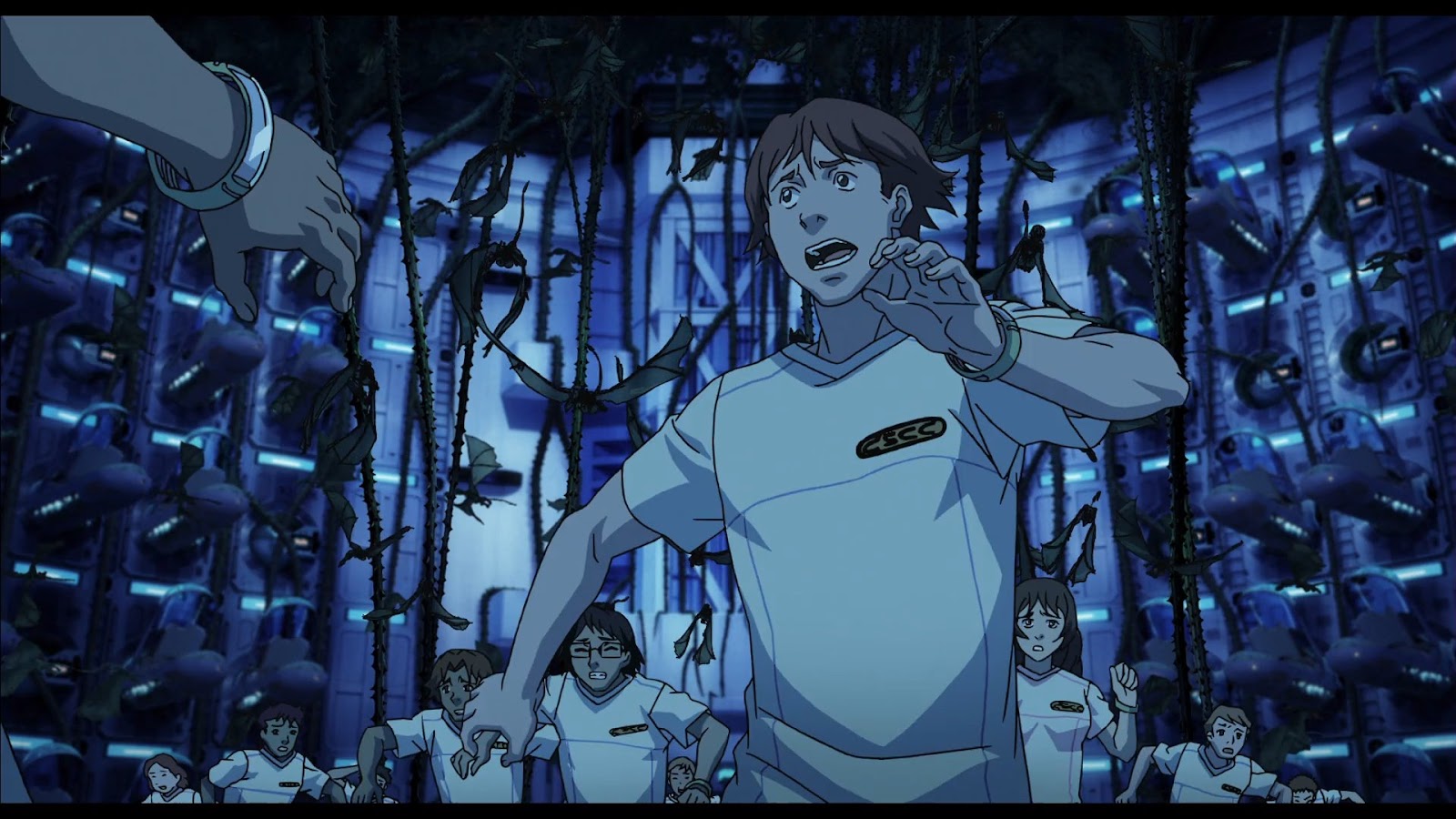
Indeed, the source material's six volumes lent themselves perfectly to the length of a feature film. The pacing, for the most part, was handled with meticulous precision, ensuring that the narrative ebbs and flows with rhythm and finesse.
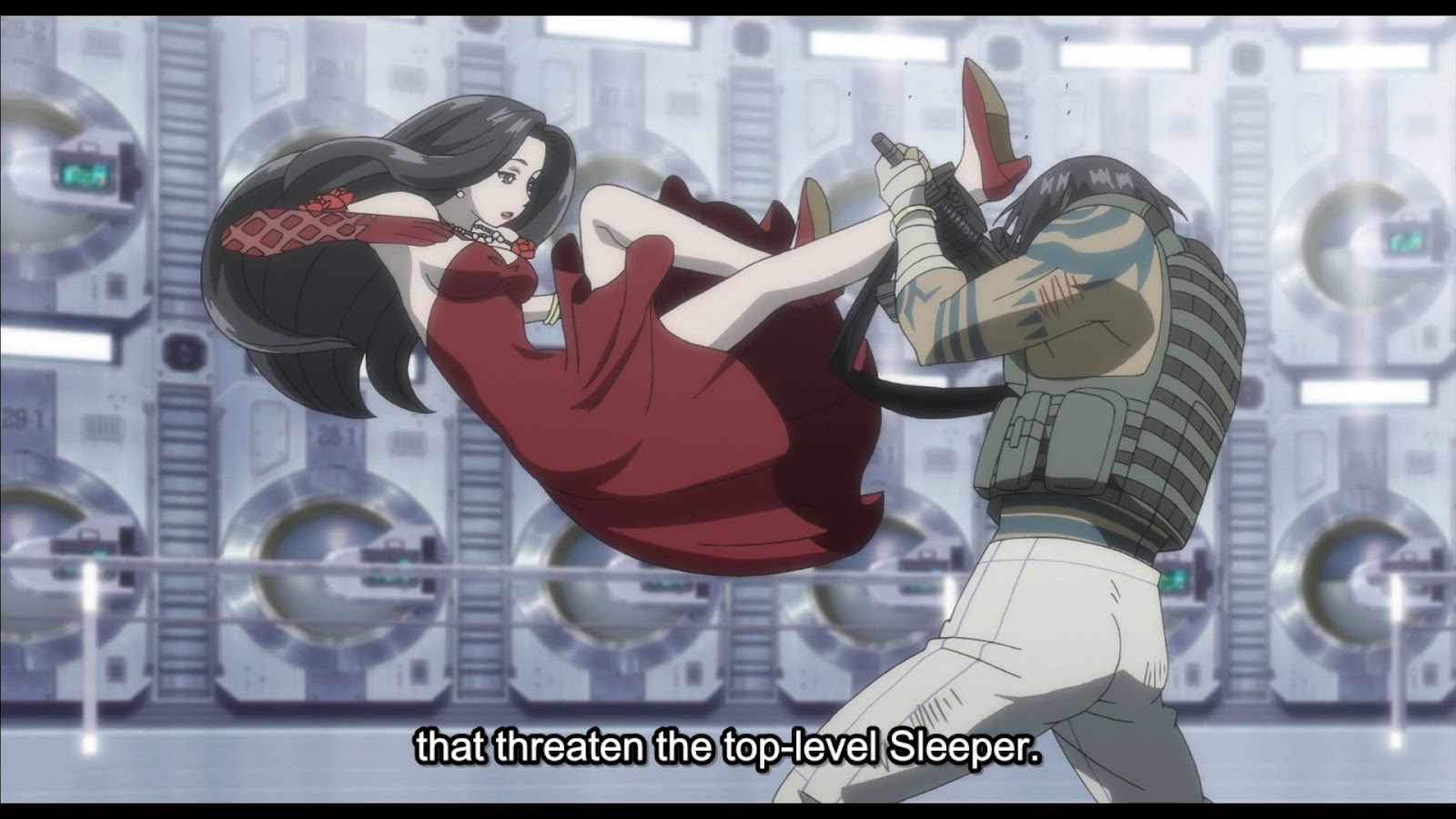
With the outbreak of the deadly "Medusa" virus reaching pandemic proportions, a select group of individuals, including teenage Kasumi, are chosen to be put into cryogenic sleep within a Cold Sleep Capsule Center (CSCC) nestled in an ancient castle. As they drift into slumber, they are riddled with uncertainty and anticipation. For Kasumi, the hope of a reunion with her twin sister, Shizuku, who also fell prey to the virus, flickers in her heart.
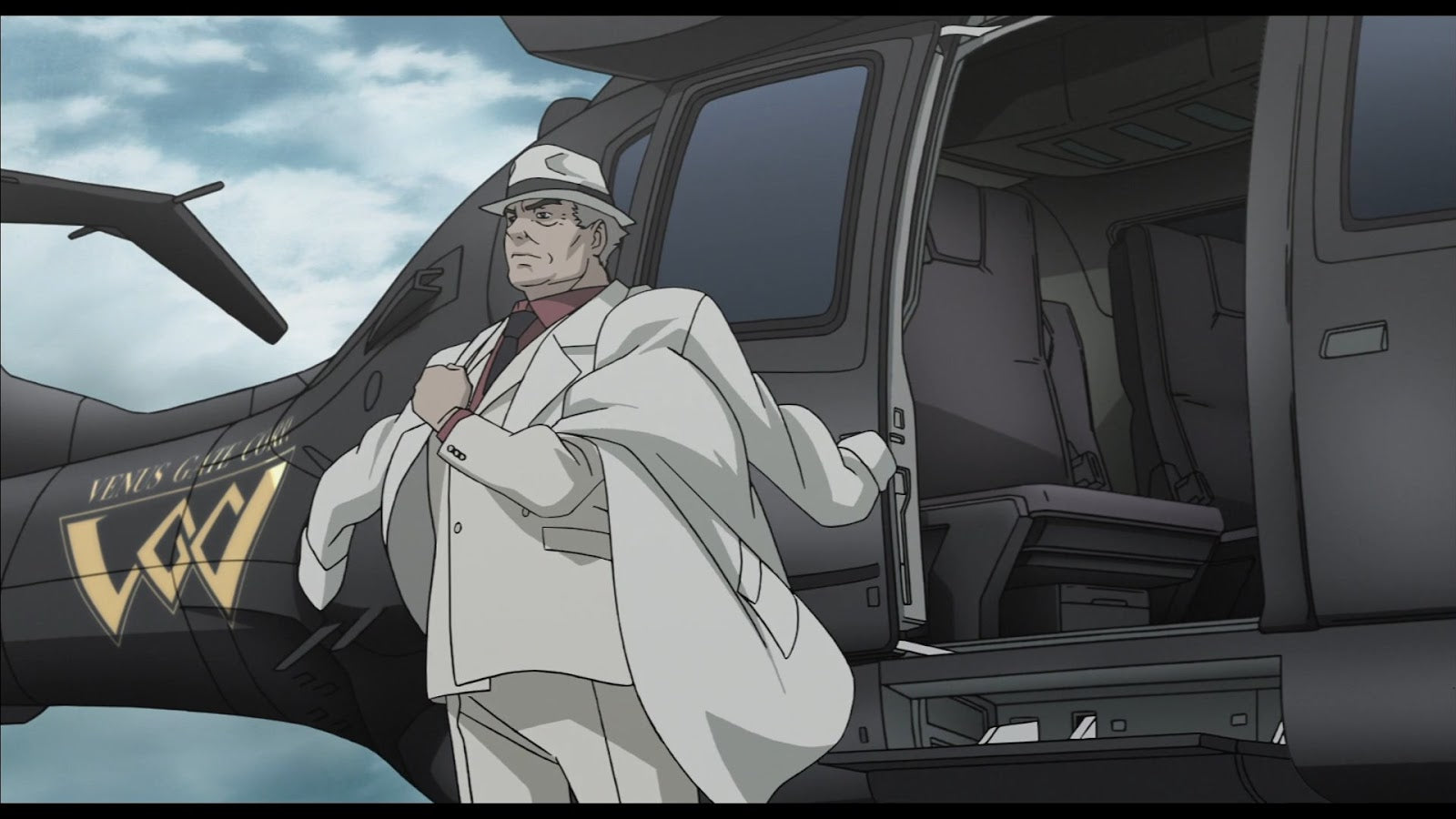
Upon waking, they find the CSCC alarmingly altered. Like the mythical tale of "Sleeping Beauty," the castle is now shrouded in thorny vines, and its halls echo with the ominous growls of unknown creatures and monsters. How much time has passed? Where did these beasts emerge from? What has become of the world they knew? Abandoned amidst an ocean of enigmas, the seven survivors are thrust into a heart-stopping escape saga...
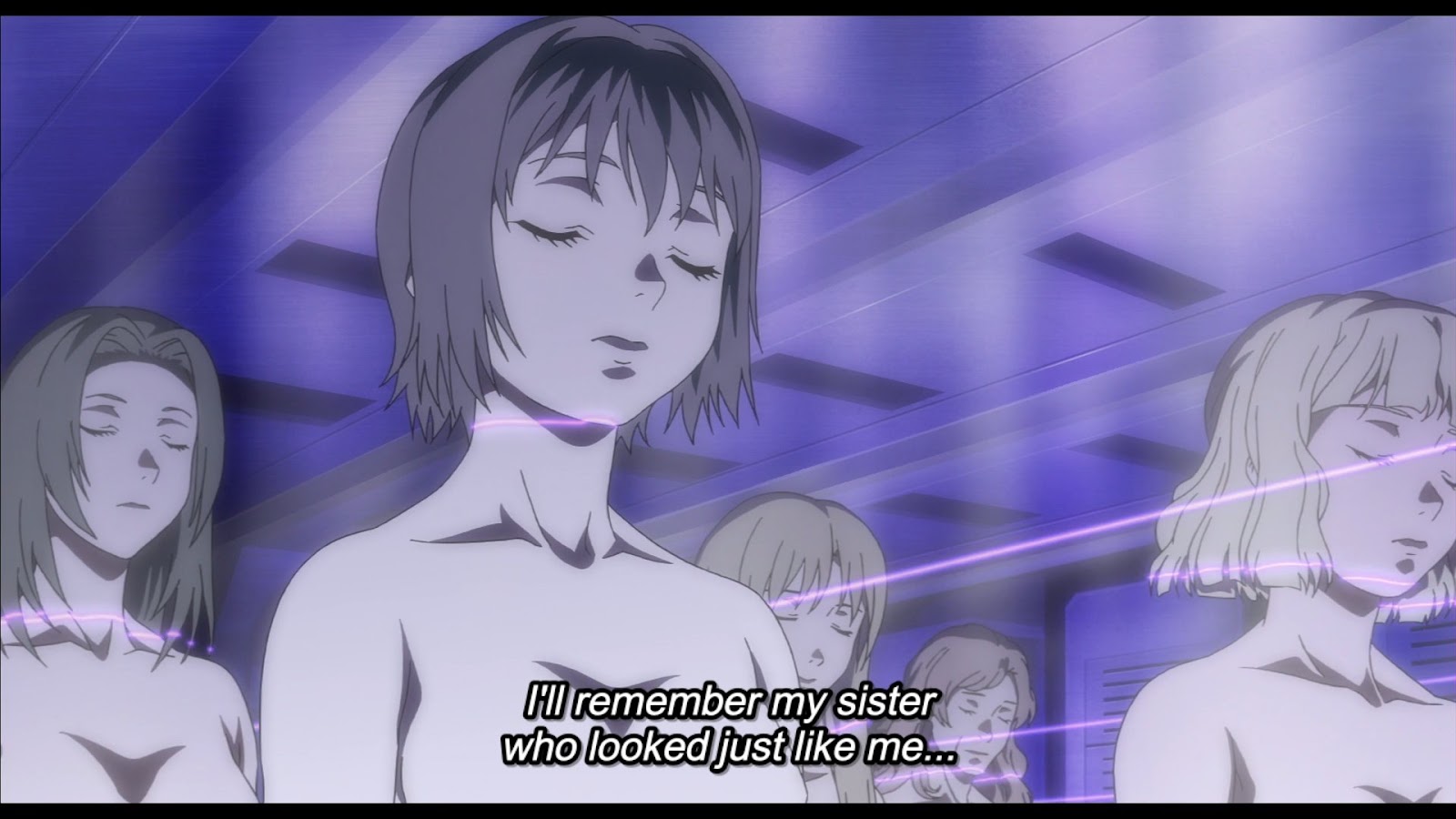
King of Thorn, my friends, plays its cards close to its chest, and boy, does it have a deck full of tropes. There's the biblical reference artfully splayed across the side of a bus; a religious cult; aliens; the young lass engrossed in her copy of Sleeping Beauty; not to mention the eerie callbacks to the 2007 blockbuster "I Am Legend." No, there's no charismatic Will Smith to keep us company, but we do have our charming Ron Portman to fill in those boots.
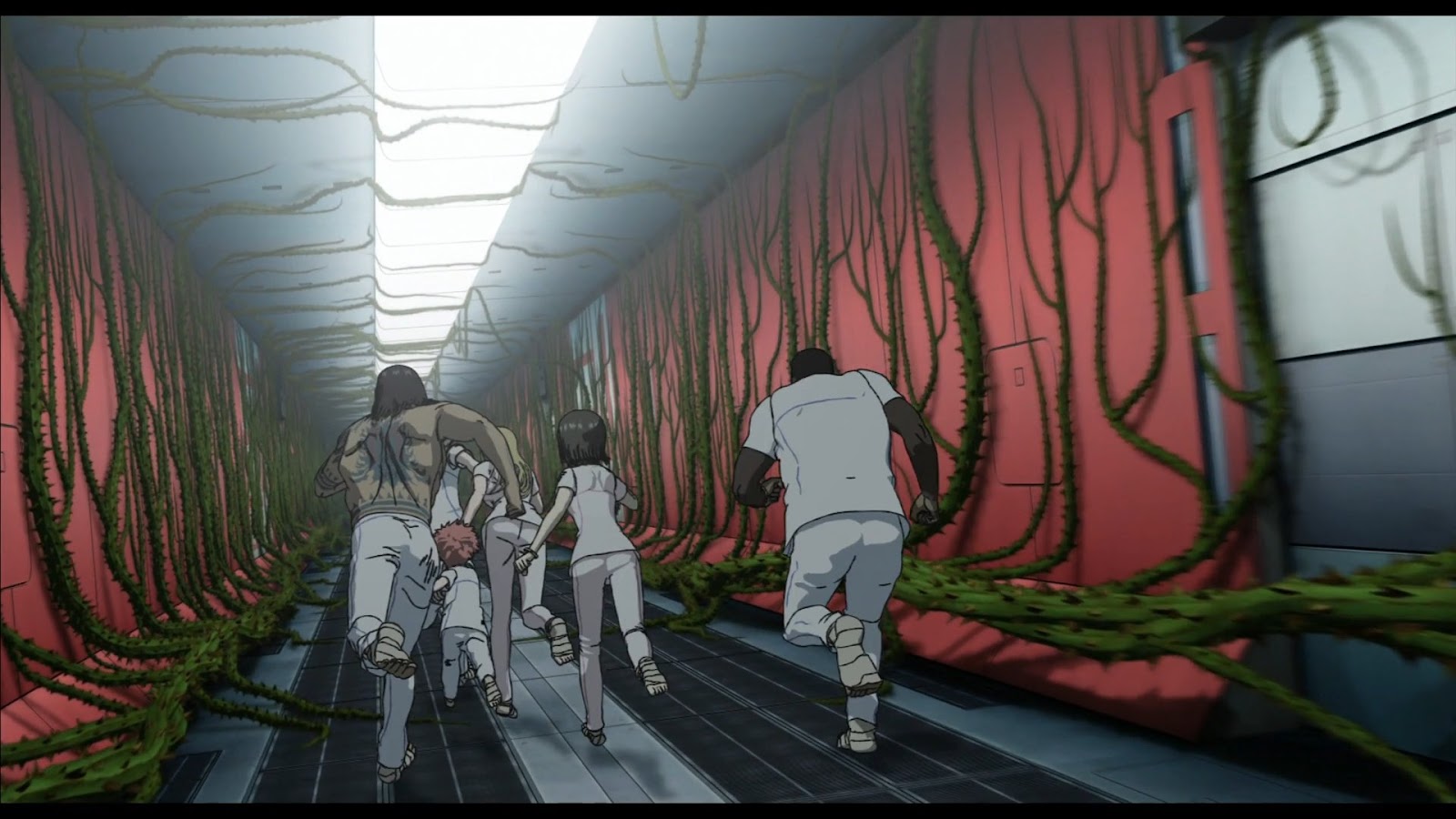
There's even a nod to the clichéd scene of a person tumbling from a building with a yapping pup in tow—you know, the extravagant lapdog of the ludicrously wealthy New Yorker. Now, I won't mince my words: despite the mixed bag of reviews, I found myself surprisingly entertained by this anime once I managed to jump onto the train it was driving. Patience, dear viewers, is key.
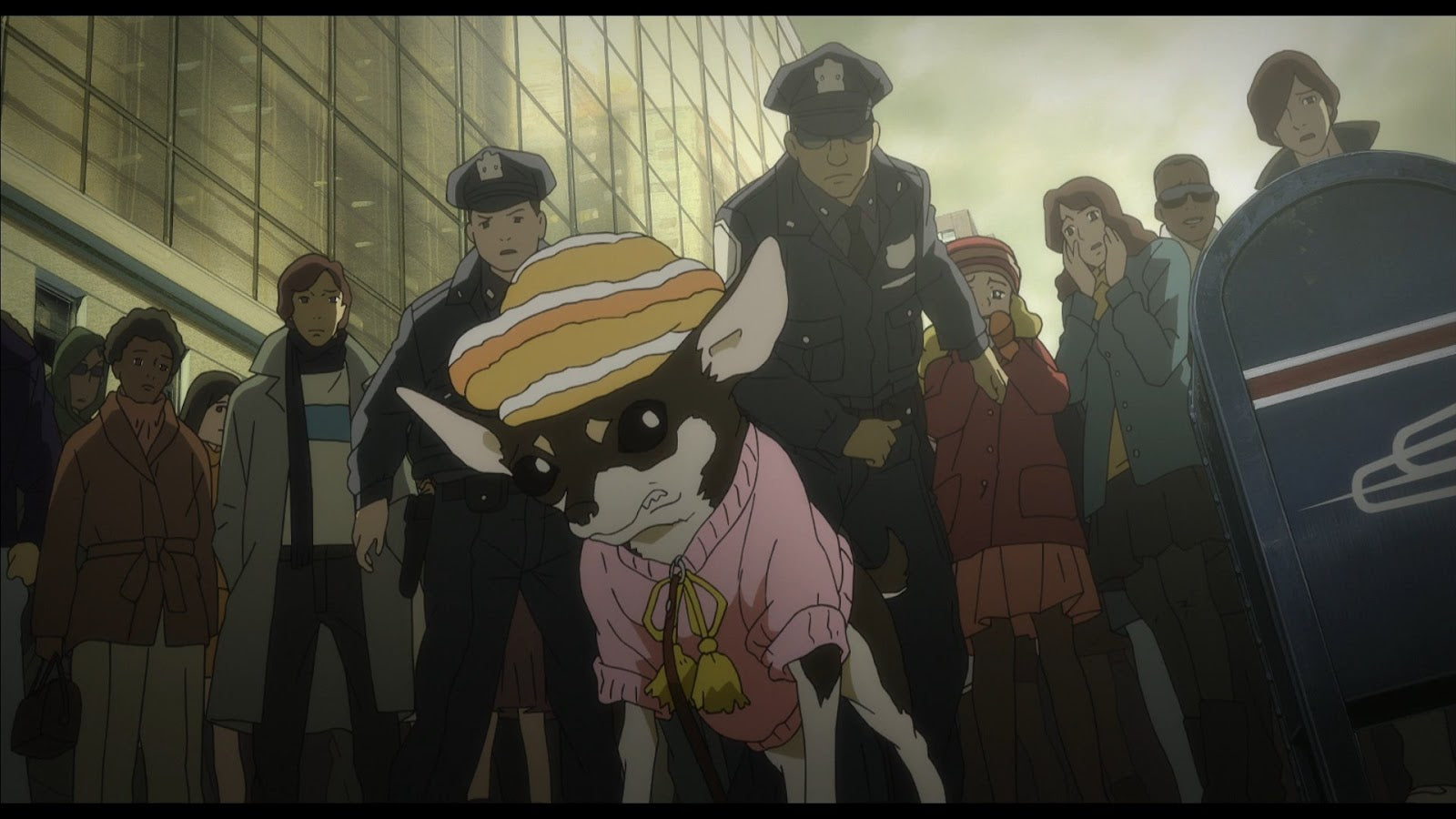
Yes, we all yearn for polished narratives akin to James Cameron's 'Aliens,' but we can't always hit that jackpot. So, what do we do? We compromise and enjoy what we've got, like frugal gourmands making do with a budget-friendly meal.
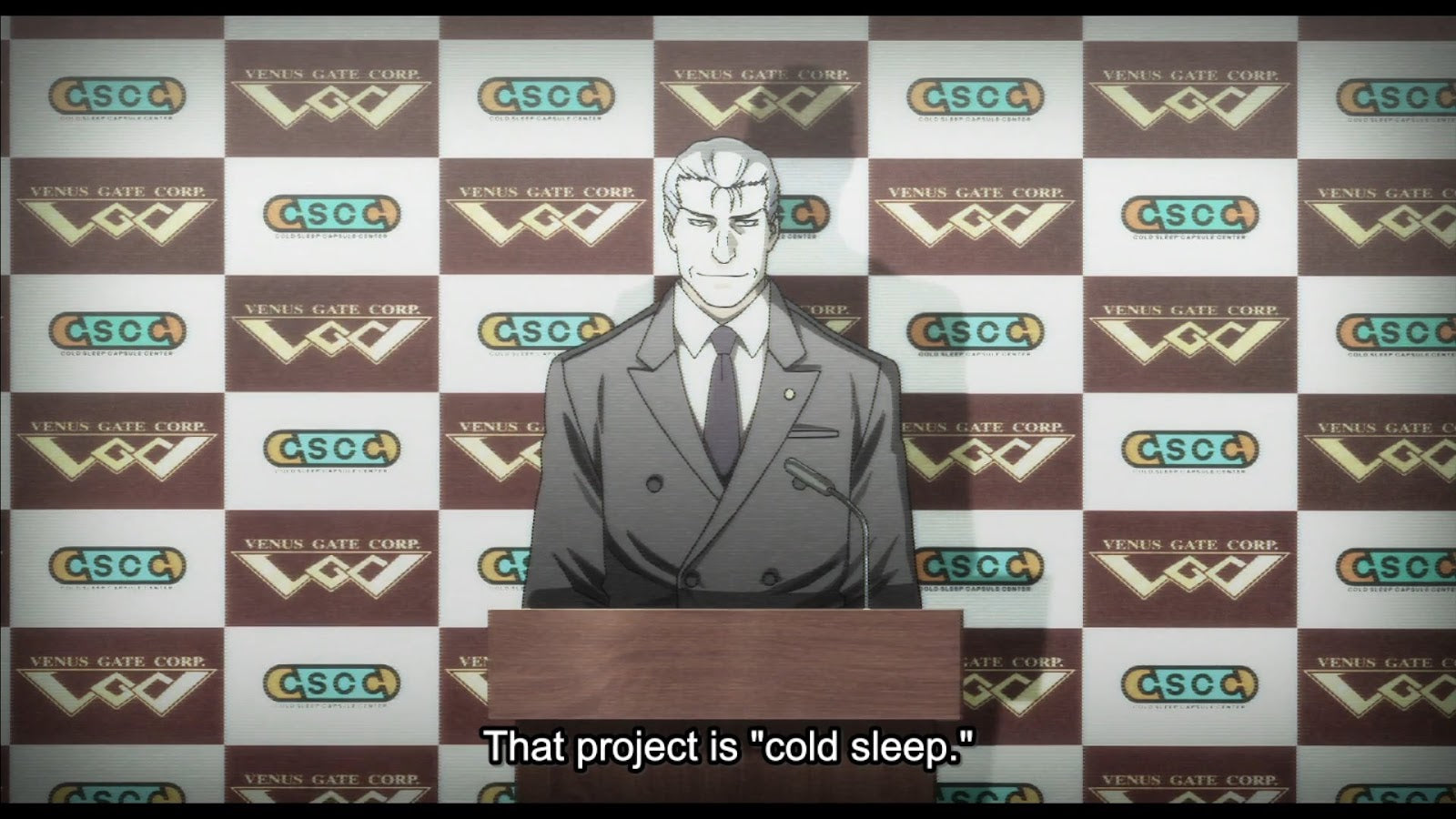
At a hefty length of two hours, it's dangerously easy to spill all the beans about the plot. But I won't be doing that, oh no. Instead, let me sketch a rough picture of the cast and their roles in this wicked anime tapestry. And trust me, I'll be back, armed with an array of images, ready to dissect this anime with surgical precision. But let’s save the spoilers for another day. As CinemaSins often declares, "No movie is without sins," and King of Thorn is no exception to this rule. With that wisdom, let's dive back into the thorny fray.
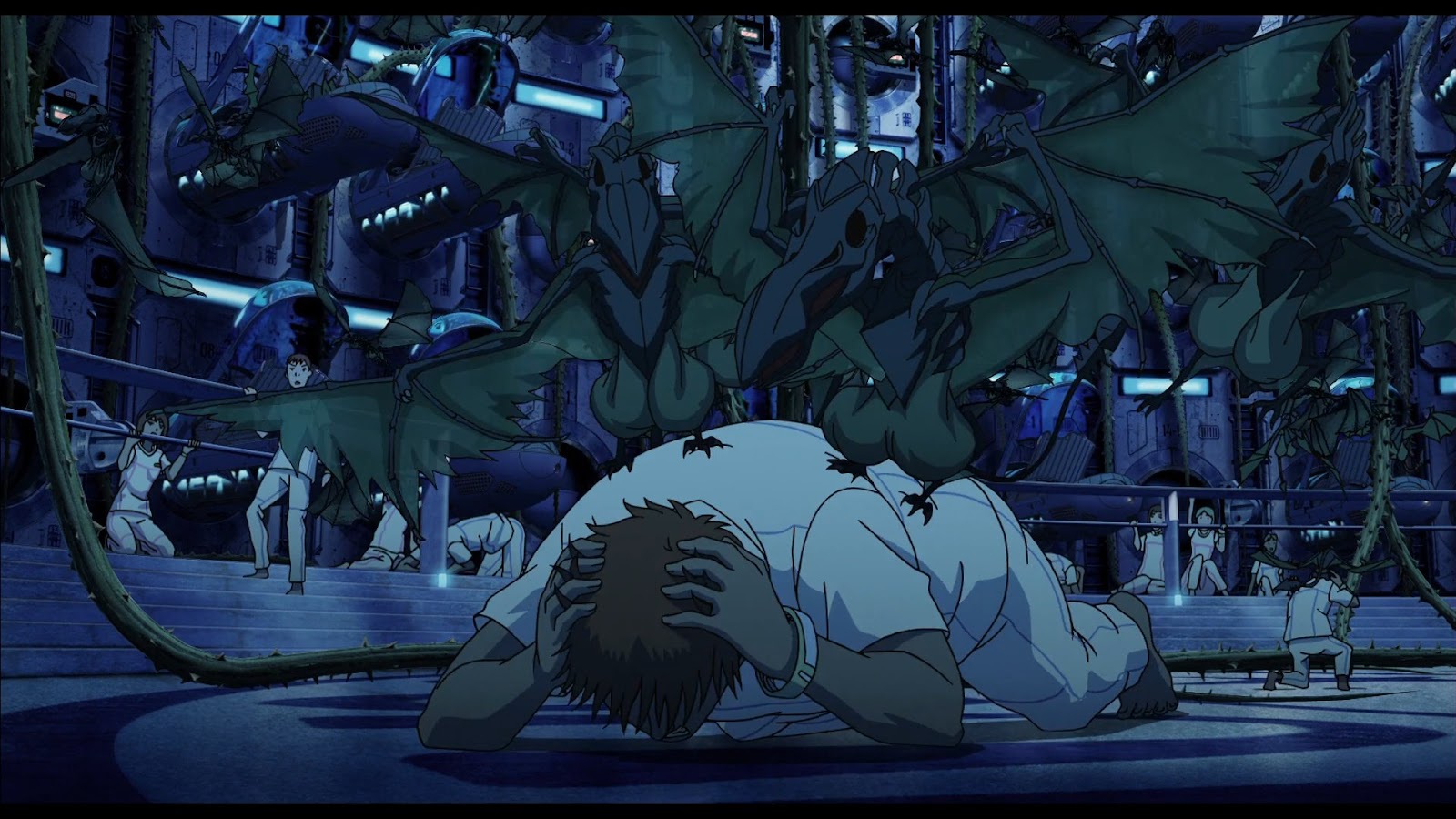
Like a fiery action anime leaping from the pages of its manga counterpart, "King of Thorn" propels itself forward on the strength of kinetic violence, stunning animation, and the visceral thrill of survival. The anime's eye-popping visual prowess is a sight to behold. While it doesn't scale the pinnacle of perfection, it stakes its claim as a stalwart representative of its release year.
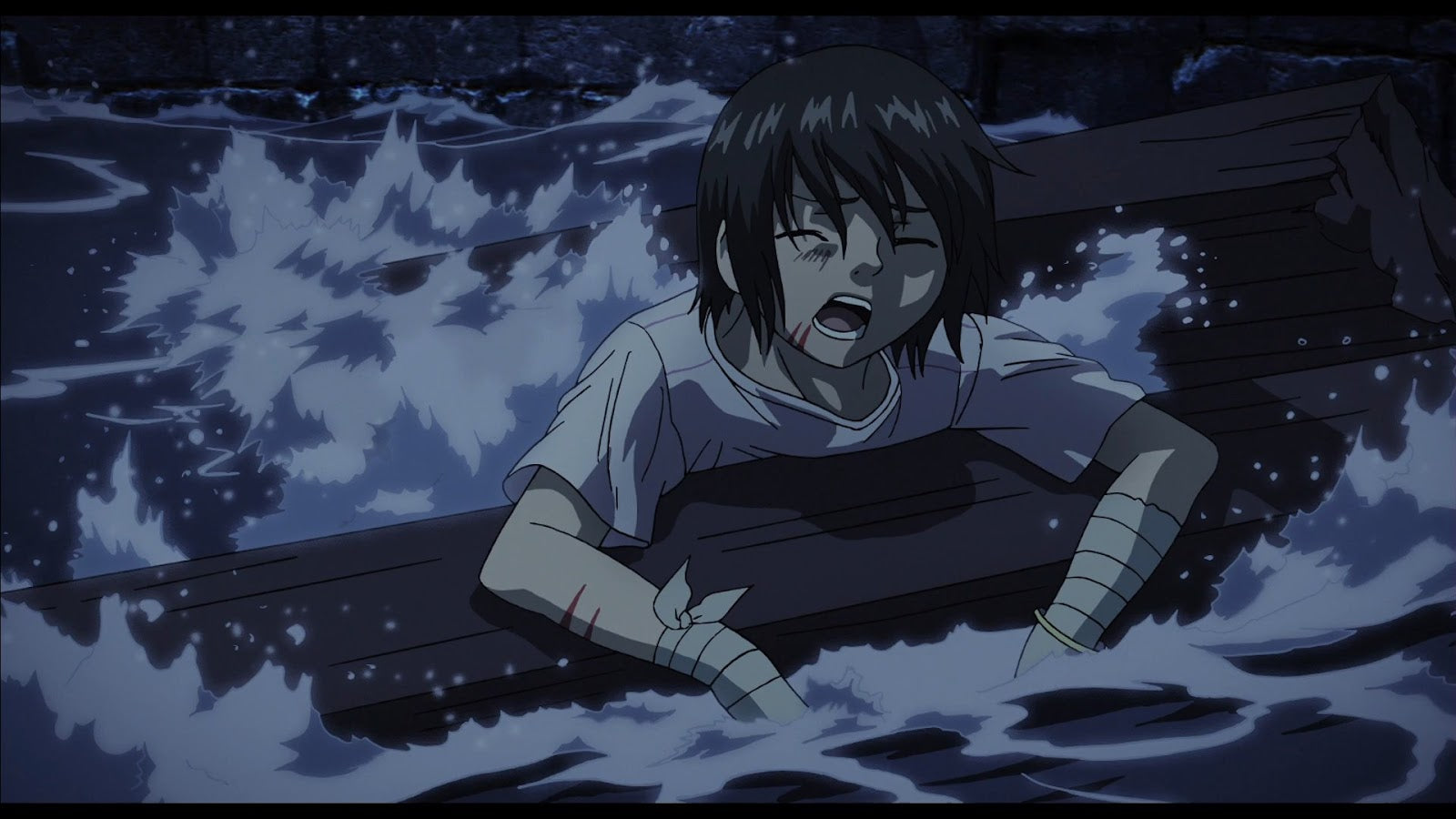
The lustrous sheen of the animation becomes the binding force holding the narrative together. This is invaluable, given the sporadic character development. Some characters, like the Ishiki twins and Marco, receive the lion's share of backstory and depth. Others are mere pieces on the board, advancing the plot or succumbing to narrative cannon fodder.
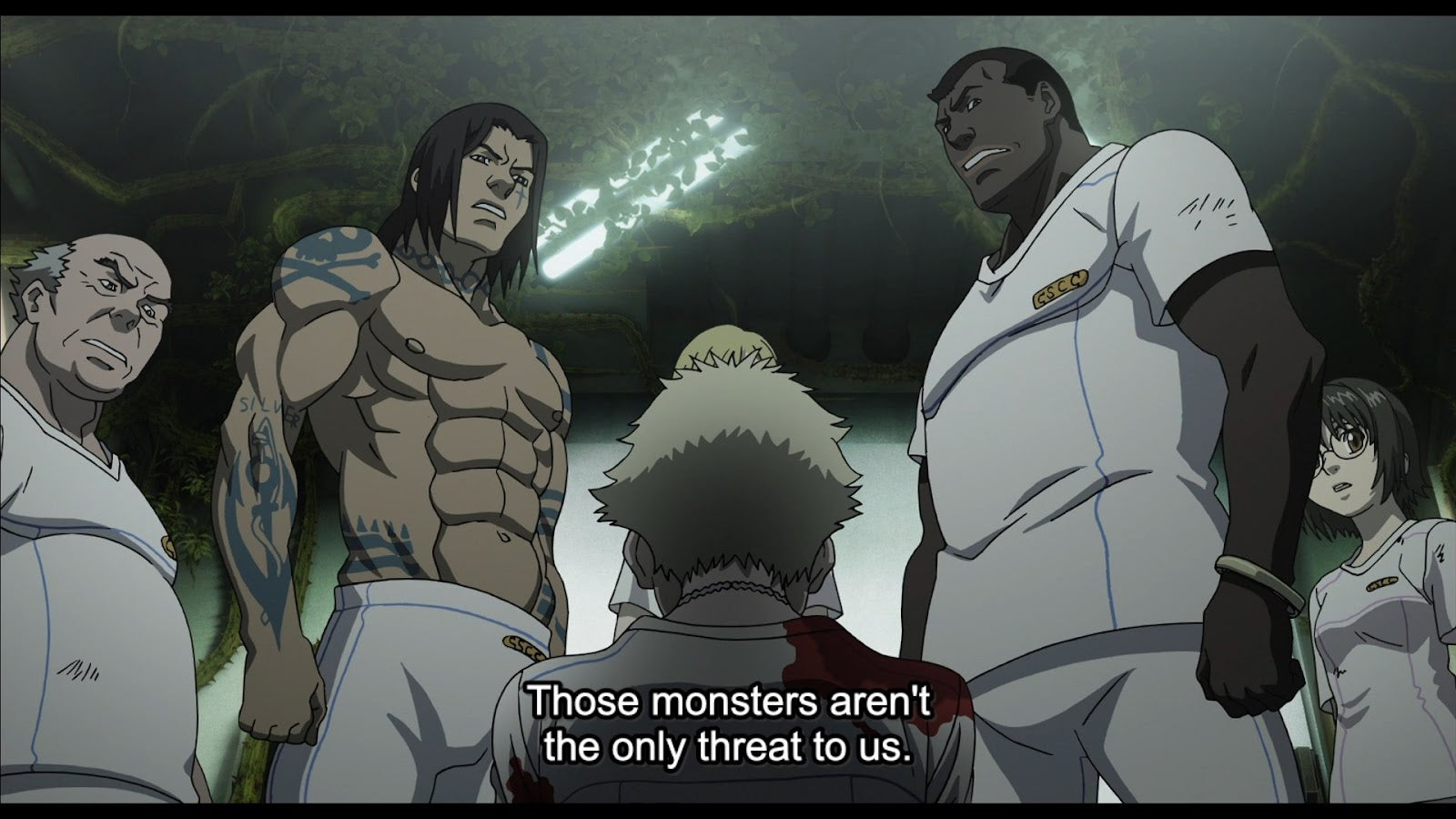
Imagine, if you will, 160 souls chosen to take a hundred-year slumber in a bid to outrun the cataclysmic Medusa virus. But in a twist fit for a morbid punchline, their sleep is cut drastically short to a scant 48 hours. The events that follow are a bloody game of survival that reduces the remaining survivors to a terrified seven, as if a sadistic puppet master awoke them from their sleep.
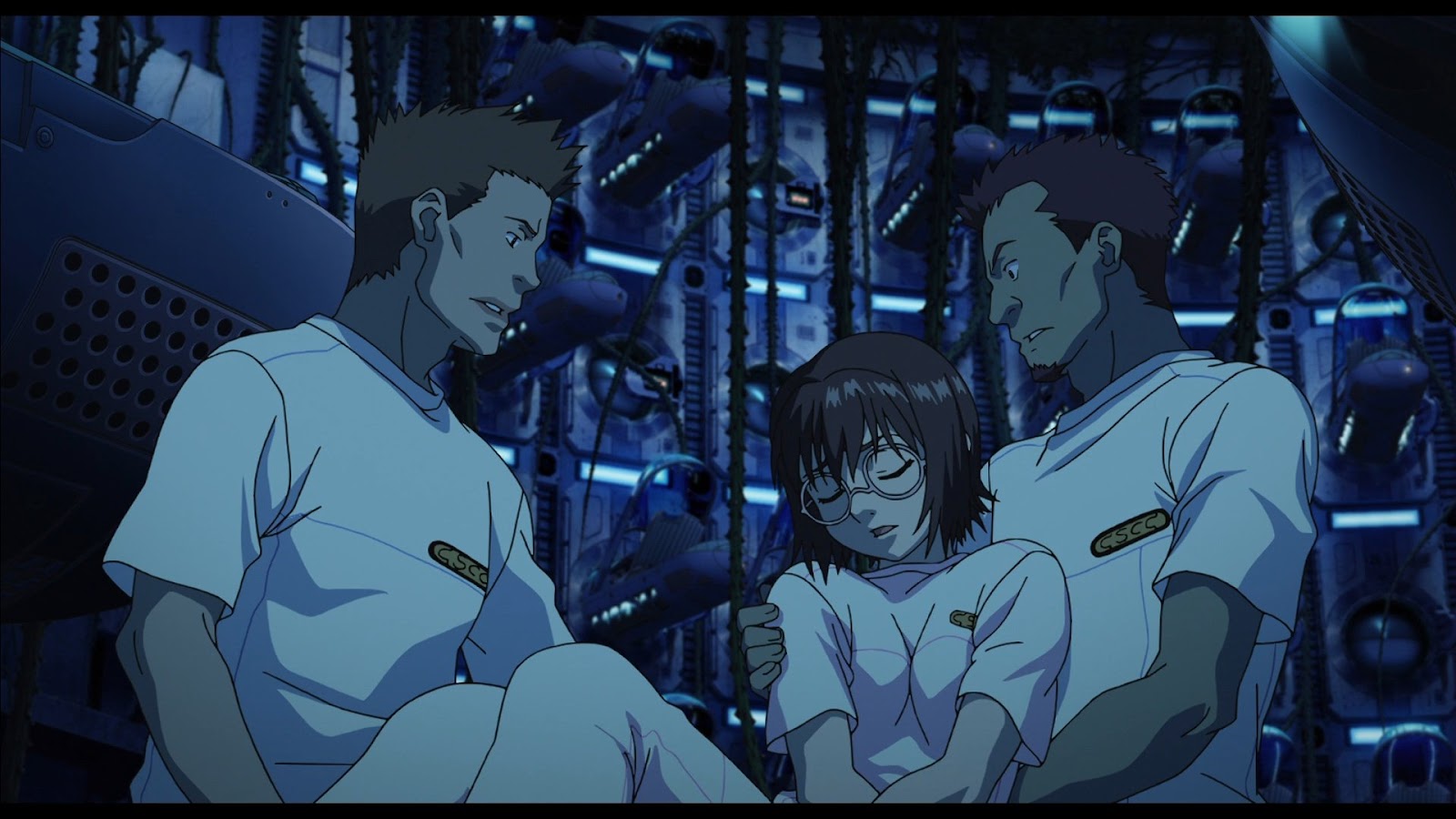
Meet the survivors, our intrepid ensemble. They may play to certain clichés, but each is unique in their own right. We've got Katherine Turner, the overprotective mother hen; Tim, the innocent youth thrust into a horrifying new world; and Kasumi Ishiki, our Velma-esque protagonist whose intelligence is as clear as the lenses in her glasses.
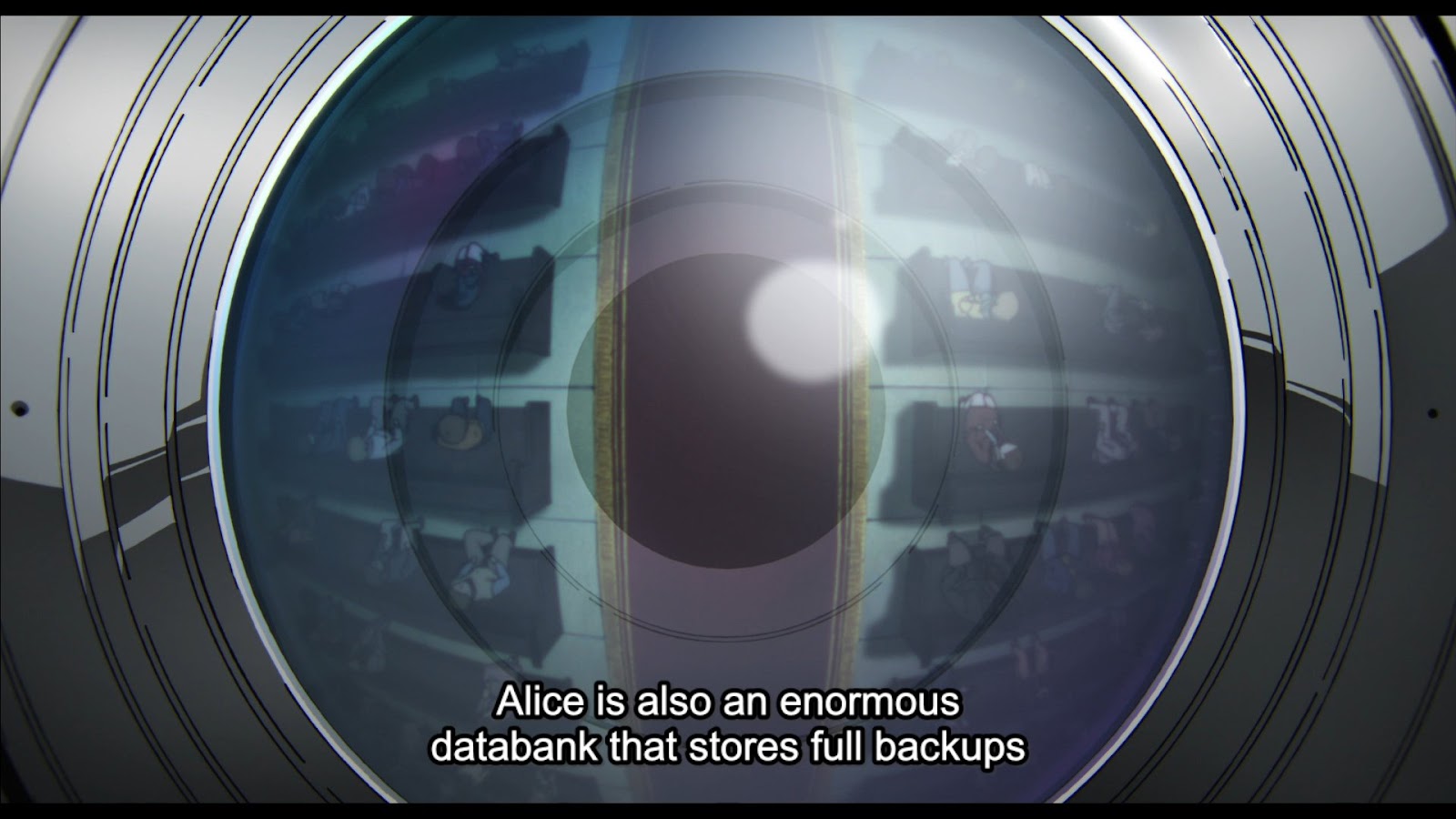
Adding some masculine grit, we have Marco, the ex-con whose criminal past hasn't marred his Abercrombie & Fitch poster boy looks—a treat for the eyes in this bleak world. Completing this duo of tough guys is Ron, our law enforcement veteran, who lends some much-needed street smarts to the group.
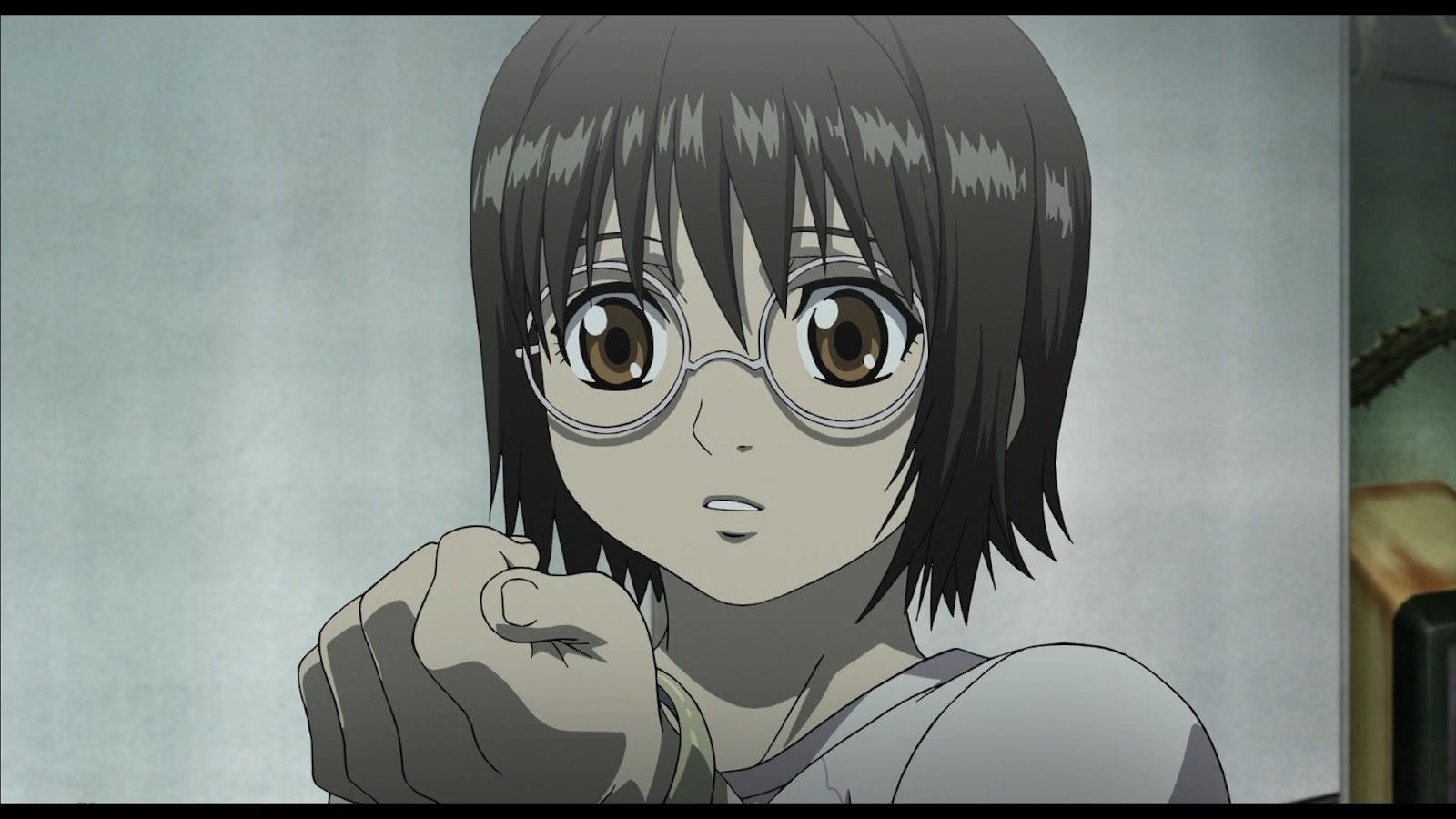
A sci-fi saga would be remiss without its quota of nerds. Here, we have Zeus, the world's top hacker, and Peter Stevens, the brain behind the cryo-capsules, making up the brains of the operation.
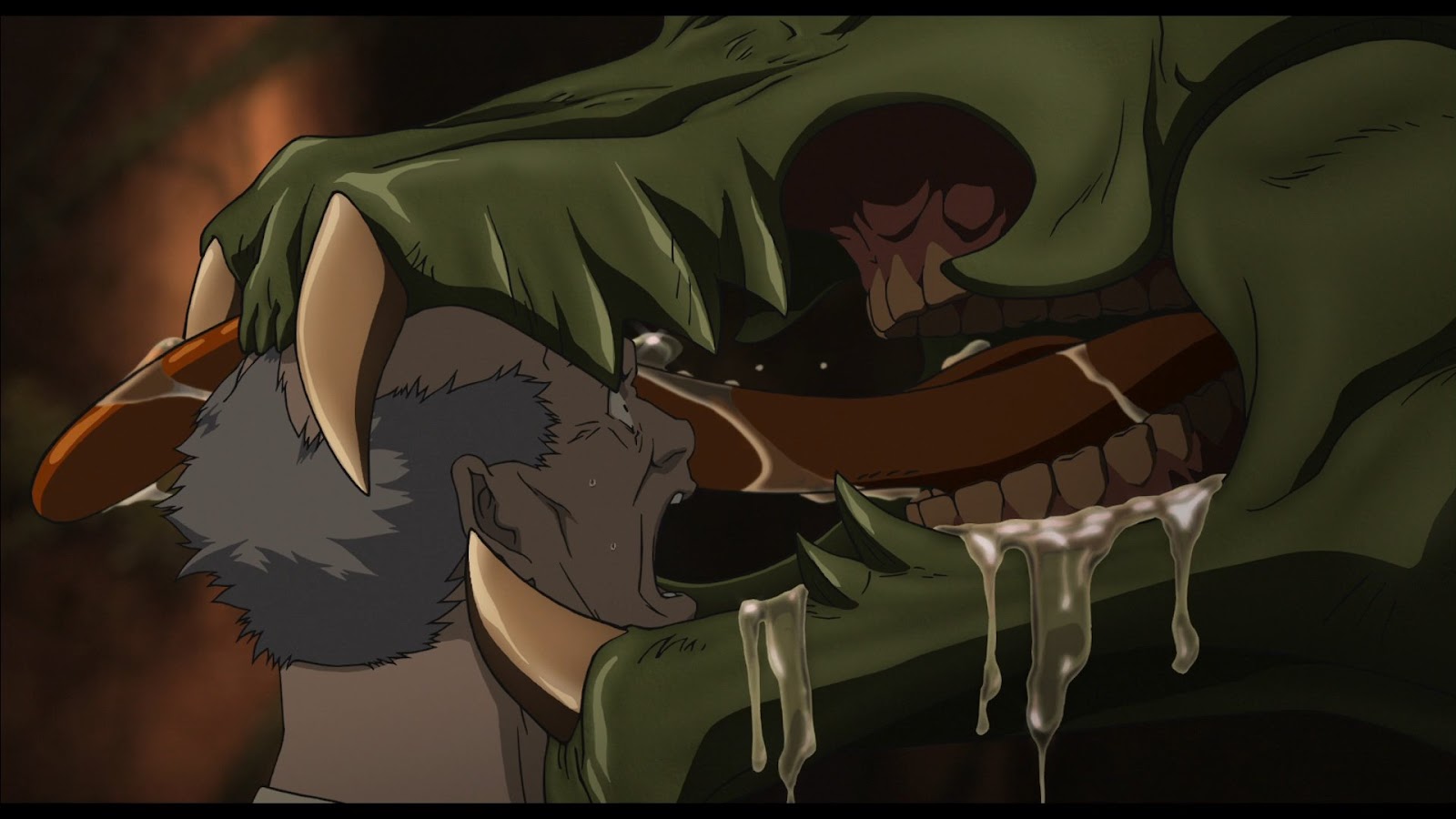
Lastly, we have Alexandro Pecchino, the wily politician who seems to have snuck into this long-term snooze fest by virtue of his deep pockets. Though, spoiler alert, he's less of a contender and more of a pawn for the grim body count.
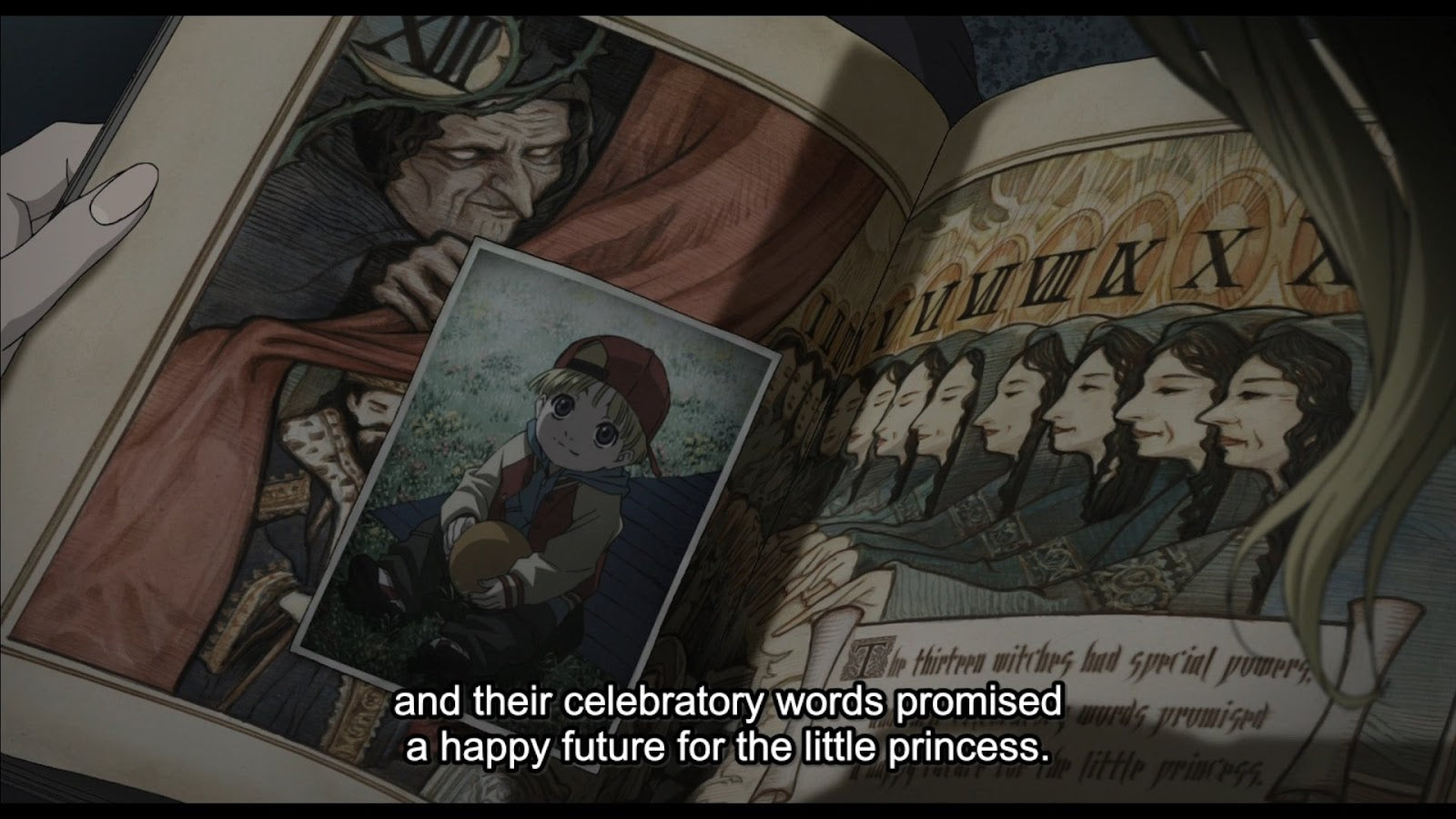
Despite its compelling setup, "King of Thorn" bears the brunt of criticism for its plot and character development. The anime excels at creating an atmosphere that seethes with tension, melding elements of survival horror, sci-fi, and mystery into a riveting brew. Its action scenes are a harmonious dance of chaos, expertly choreographed to maintain the narrative rhythm.
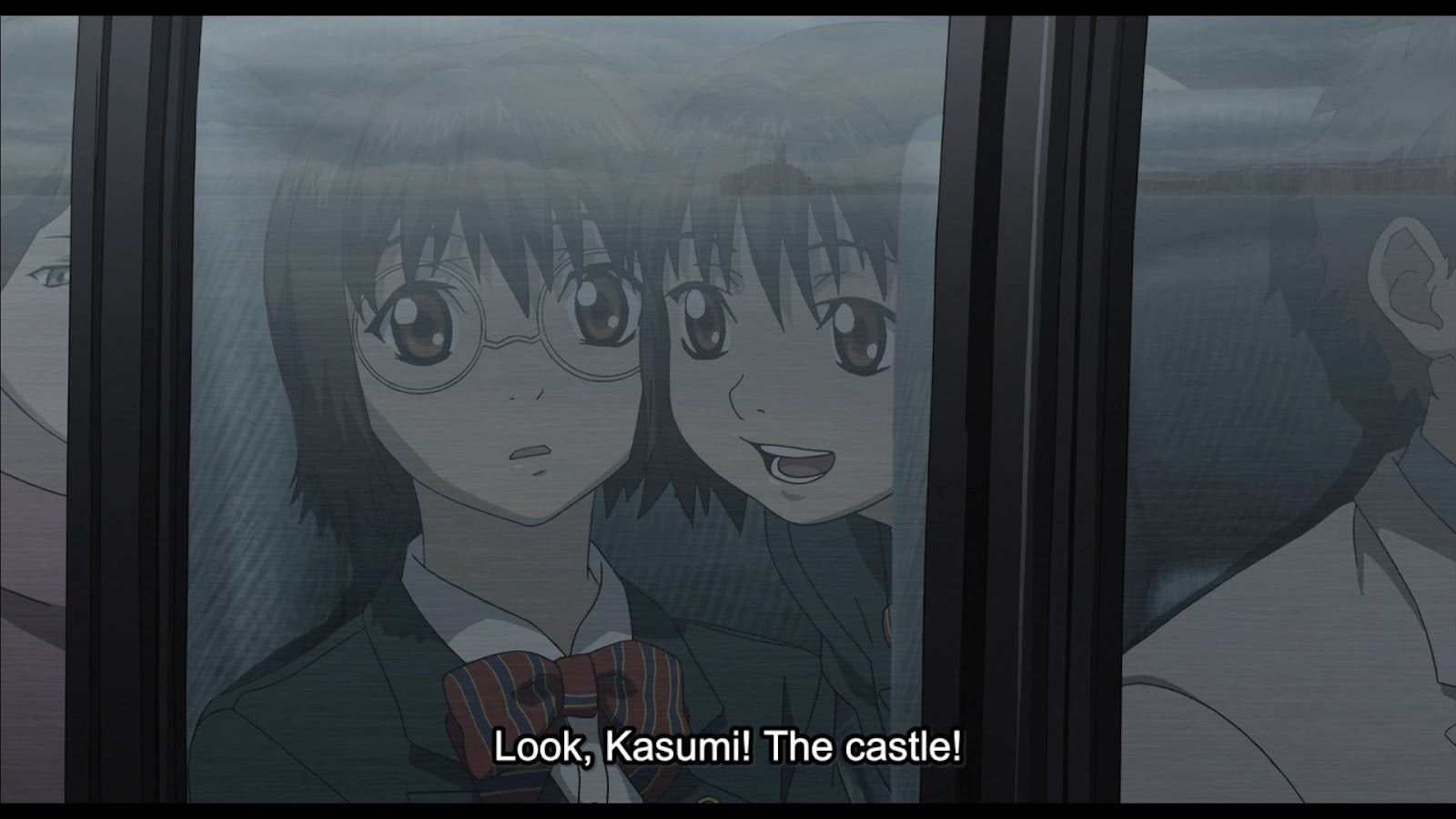
However, the anime sometimes falters, weaving a plot so complex that it risks overwhelming the viewer. Also, the translation from manga to anime isn't without its casualties, with certain elements diluted or missing, which might leave purists miffed. A complicated backstory further necessitates expositional scenes, potentially disrupting the narrative flow.
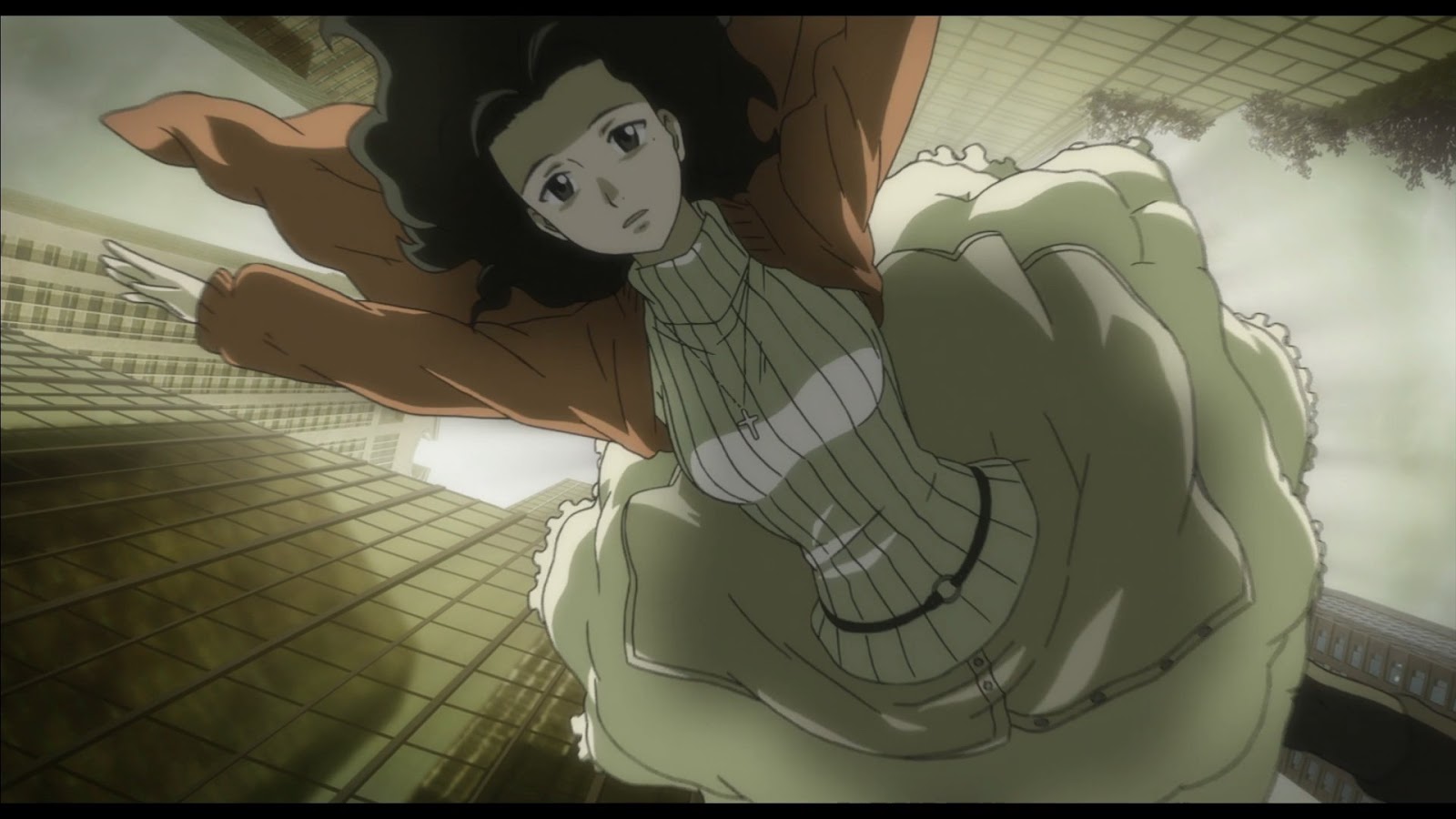
Regarding character development, "King of Thorn" lavishes attention on Kasumi, Shizuku, and Marco, giving them depth and relatability. The characters span various backgrounds, adding color and diversity to the narrative.
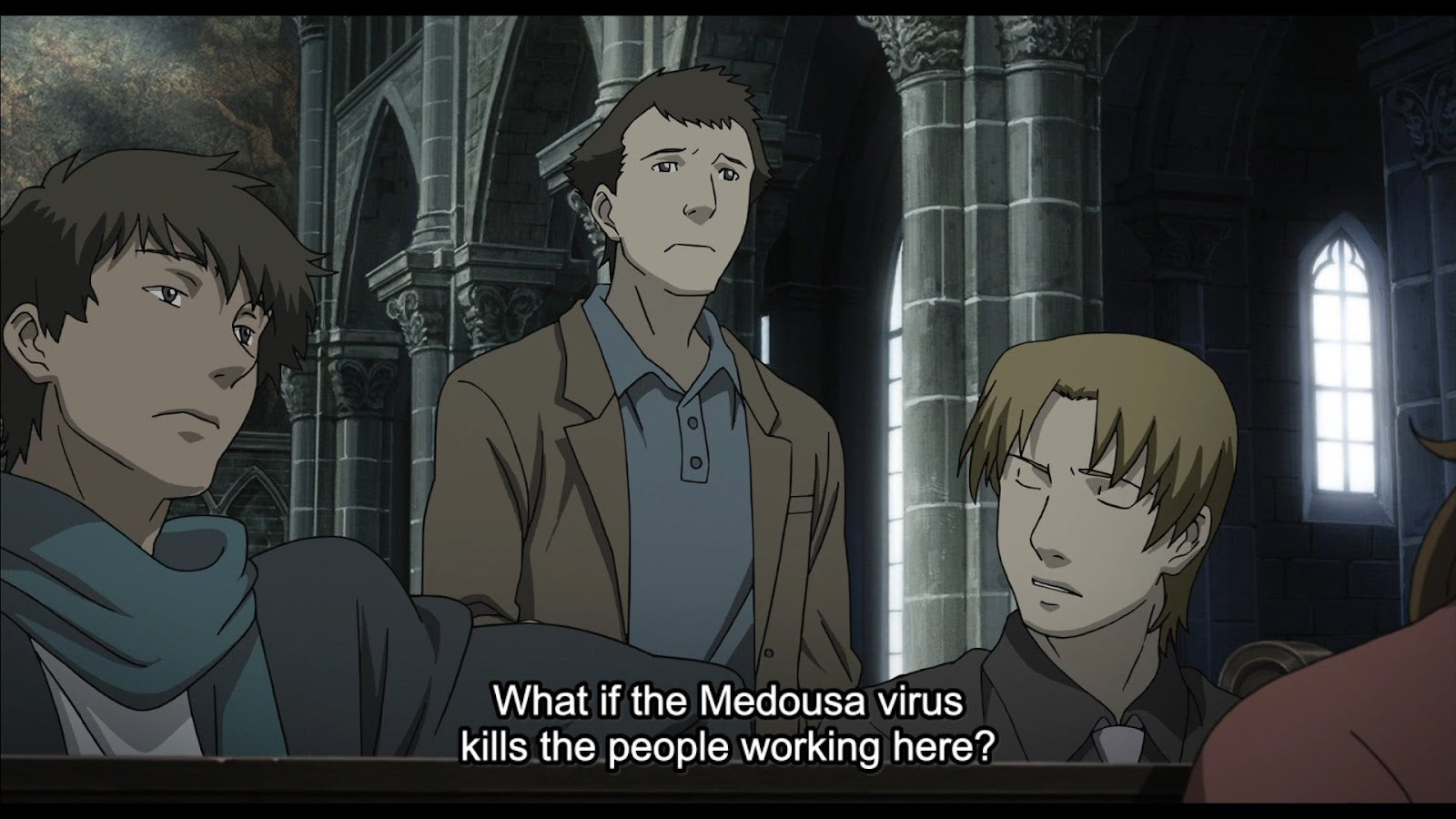
Yet, it stumbles regarding the secondary characters, who are often relegated to the shadows, needing more depth to make them stand out. The anime's drive to maintain suspense often comes at the cost of lost opportunities for character growth.
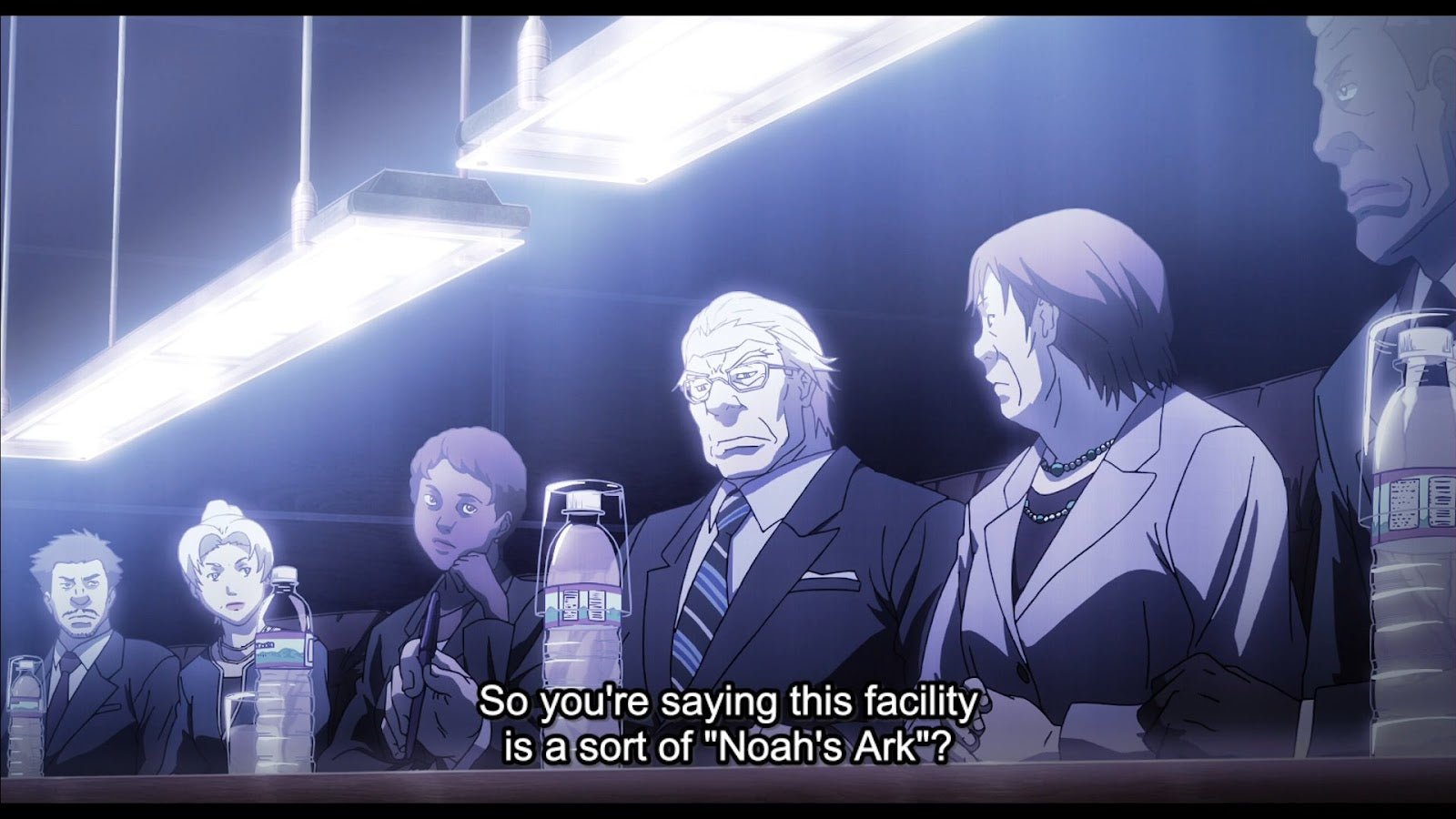
In sum, "King of Thorn" wields a double-edged sword. It excels in creating a gripping atmosphere, genre-blending, and developing main characters, yet grapples with a convoluted plot, adaptation issues, and uneven character development. Despite its flaws, it delivers an unforgettable, albeit twisted, journey through a post-apocalyptic world.
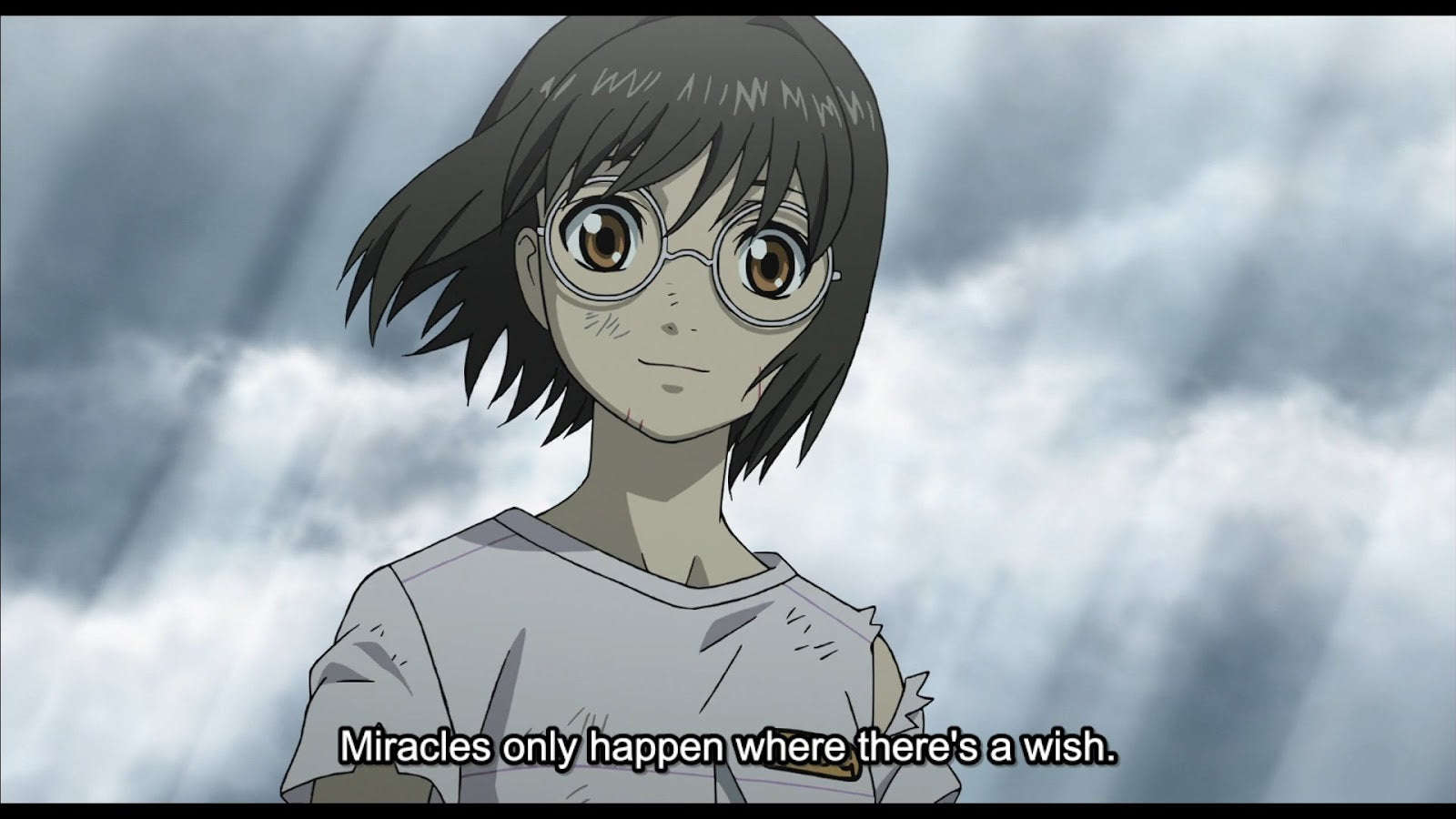
Please Like, Comment, Share or click one of the links below to read another post.
https://pinnedupink.com/blogs/random-thoughts-because-mondays-suck
https://pinnedupink.com/blogs/on-screen
https://pinnedupink.com/blogs/flashbacks
King of Thorn Official Trailer









